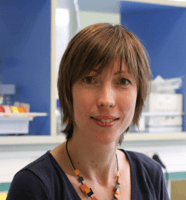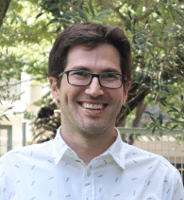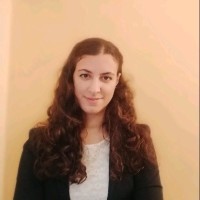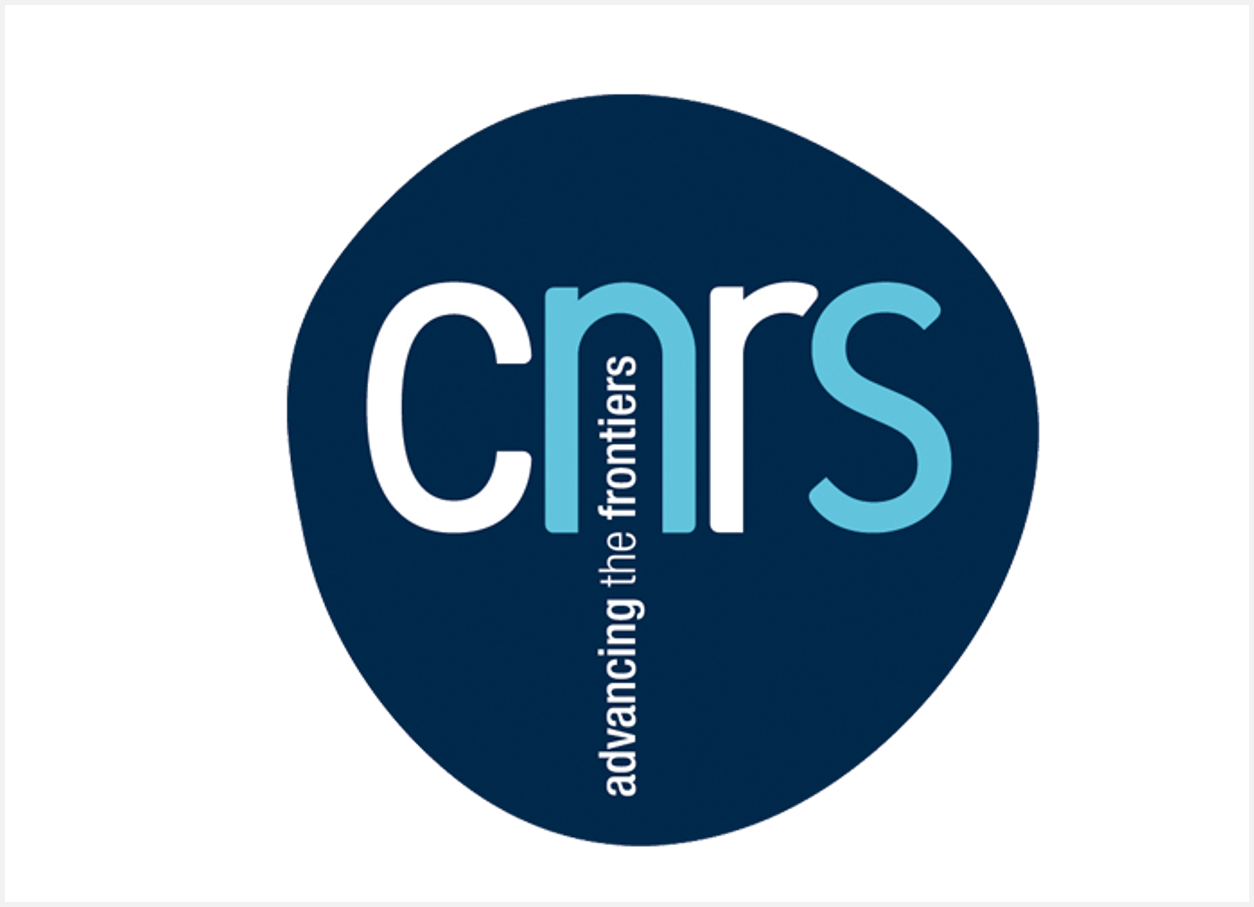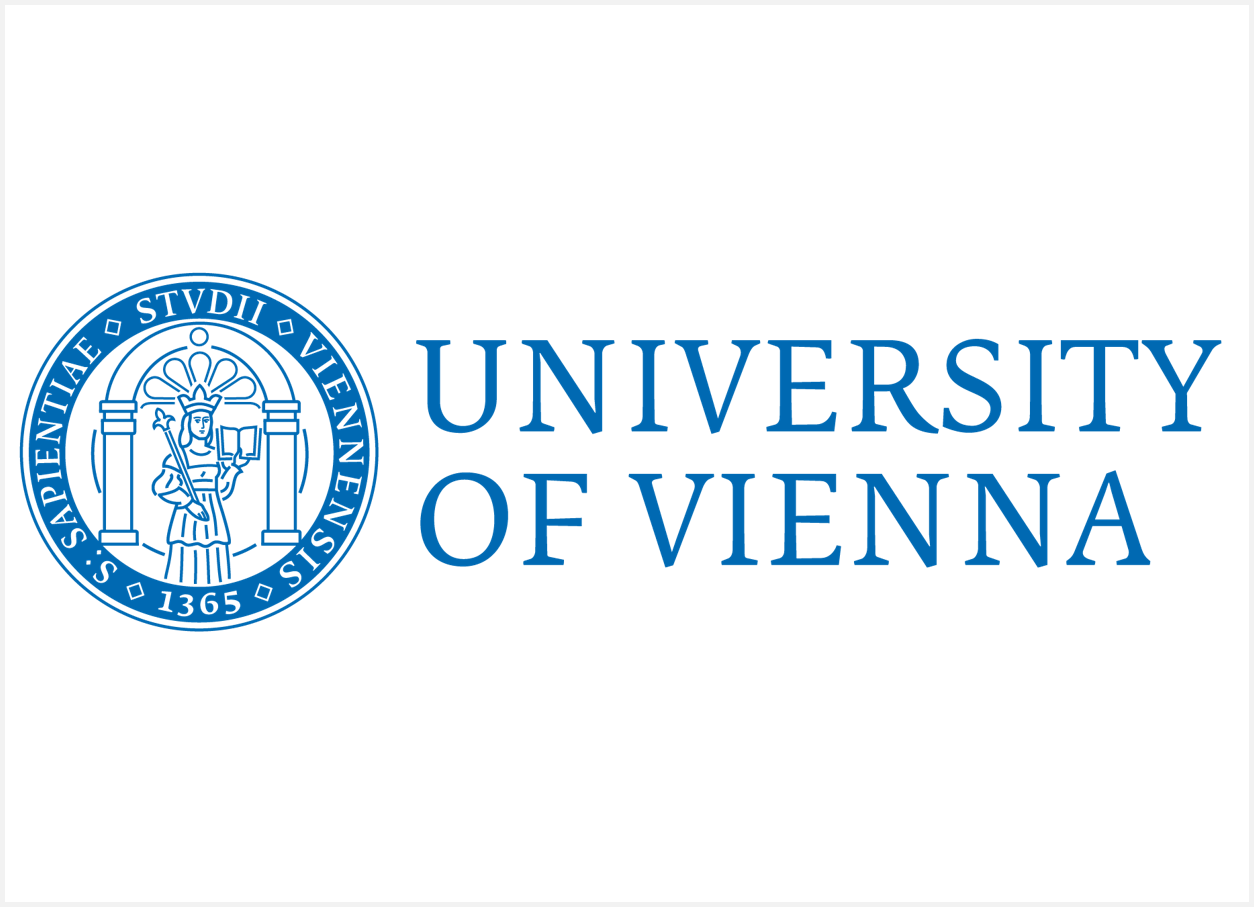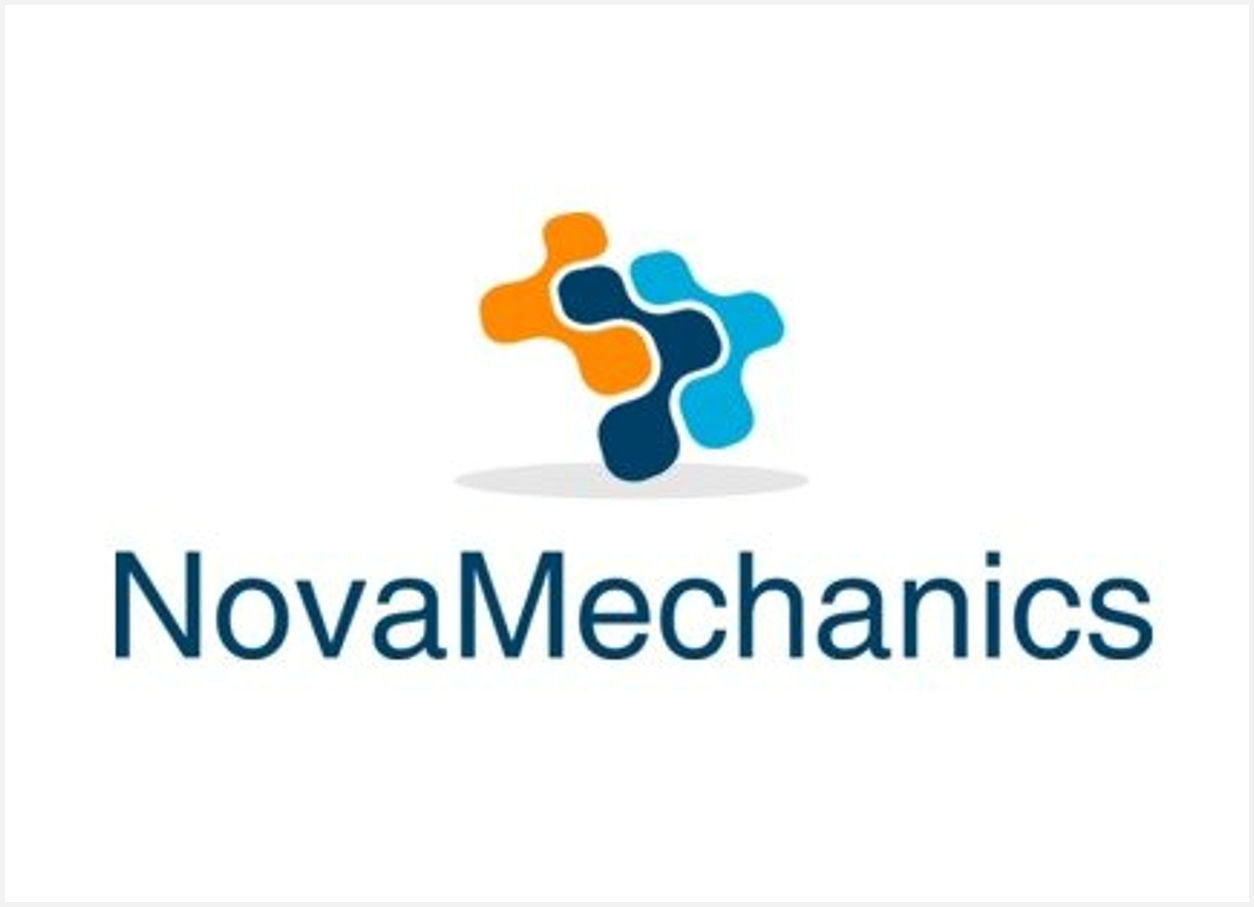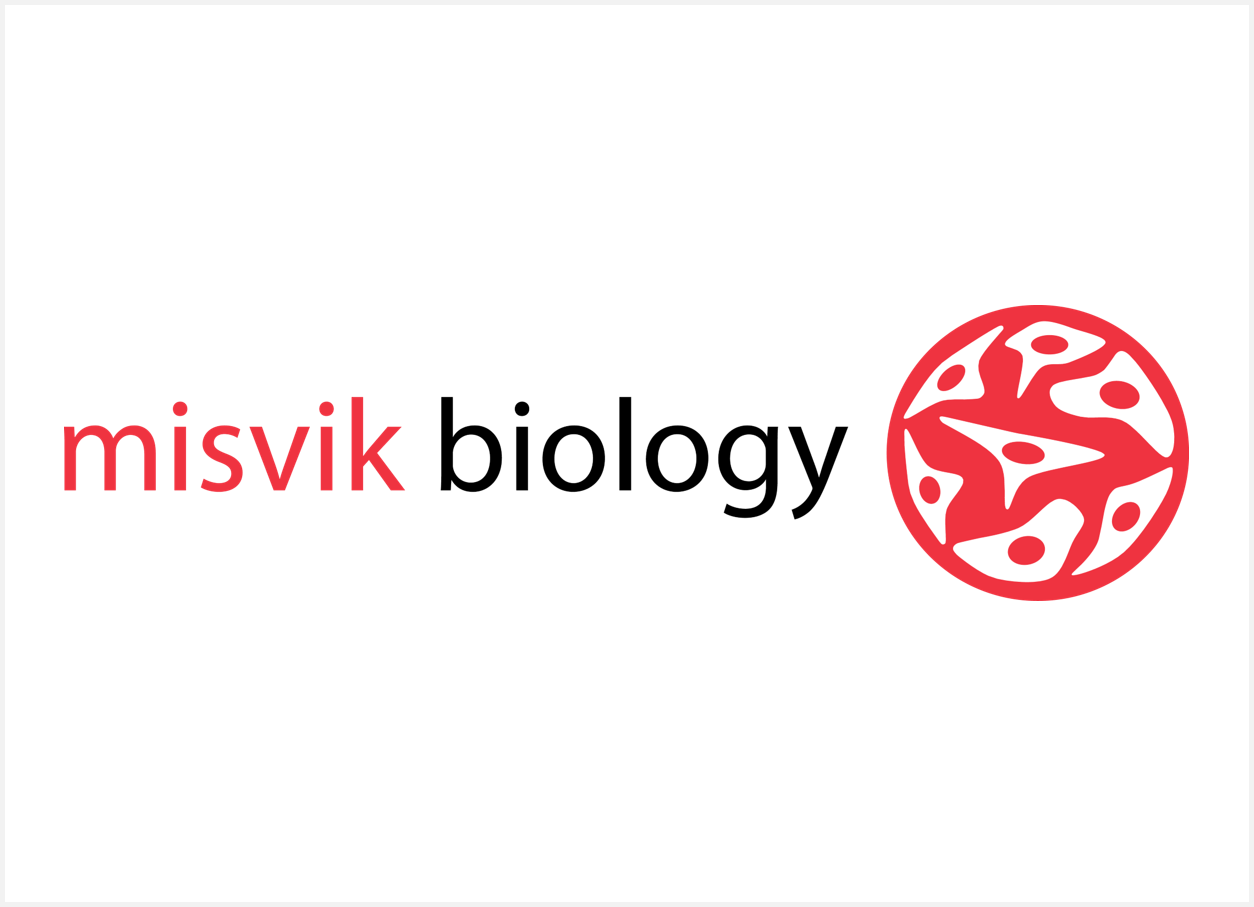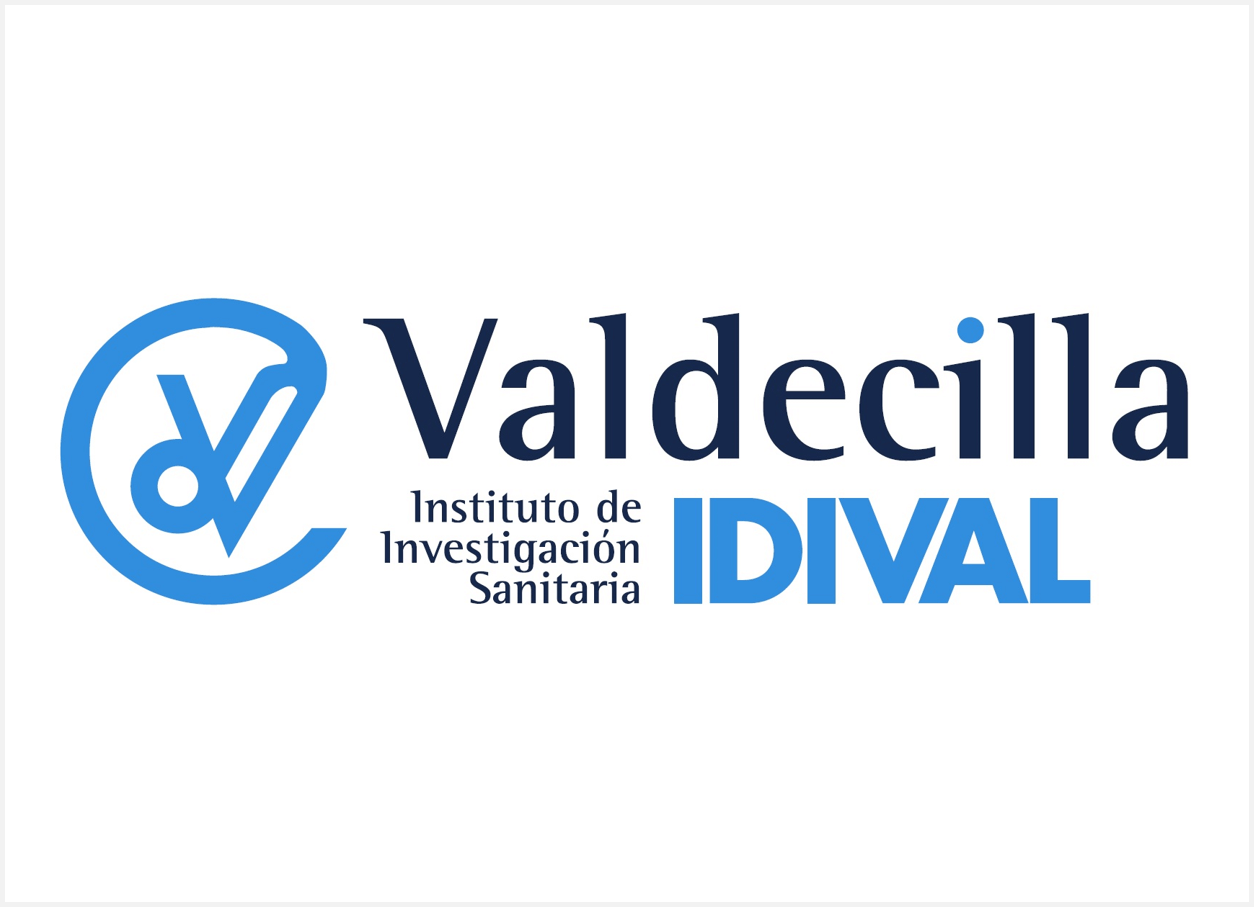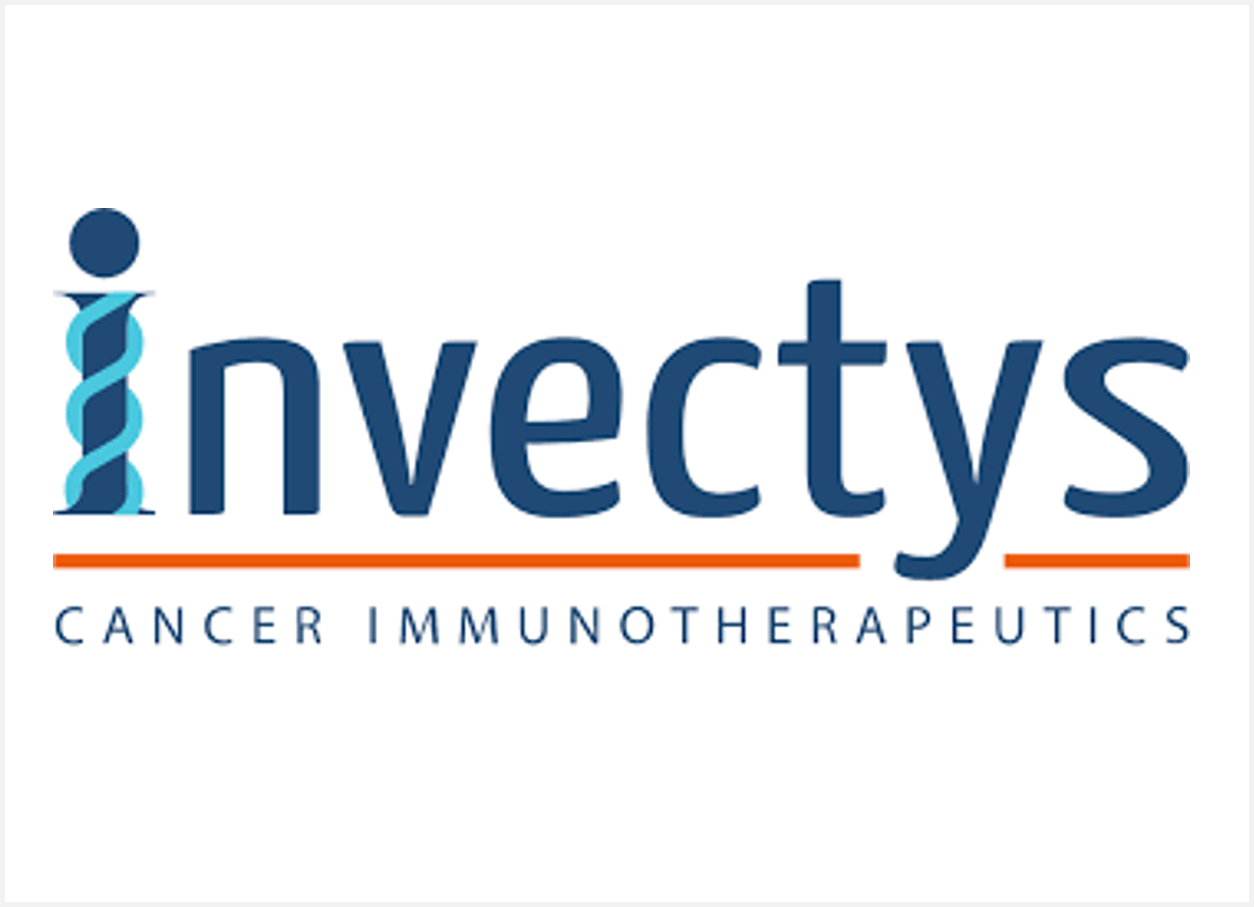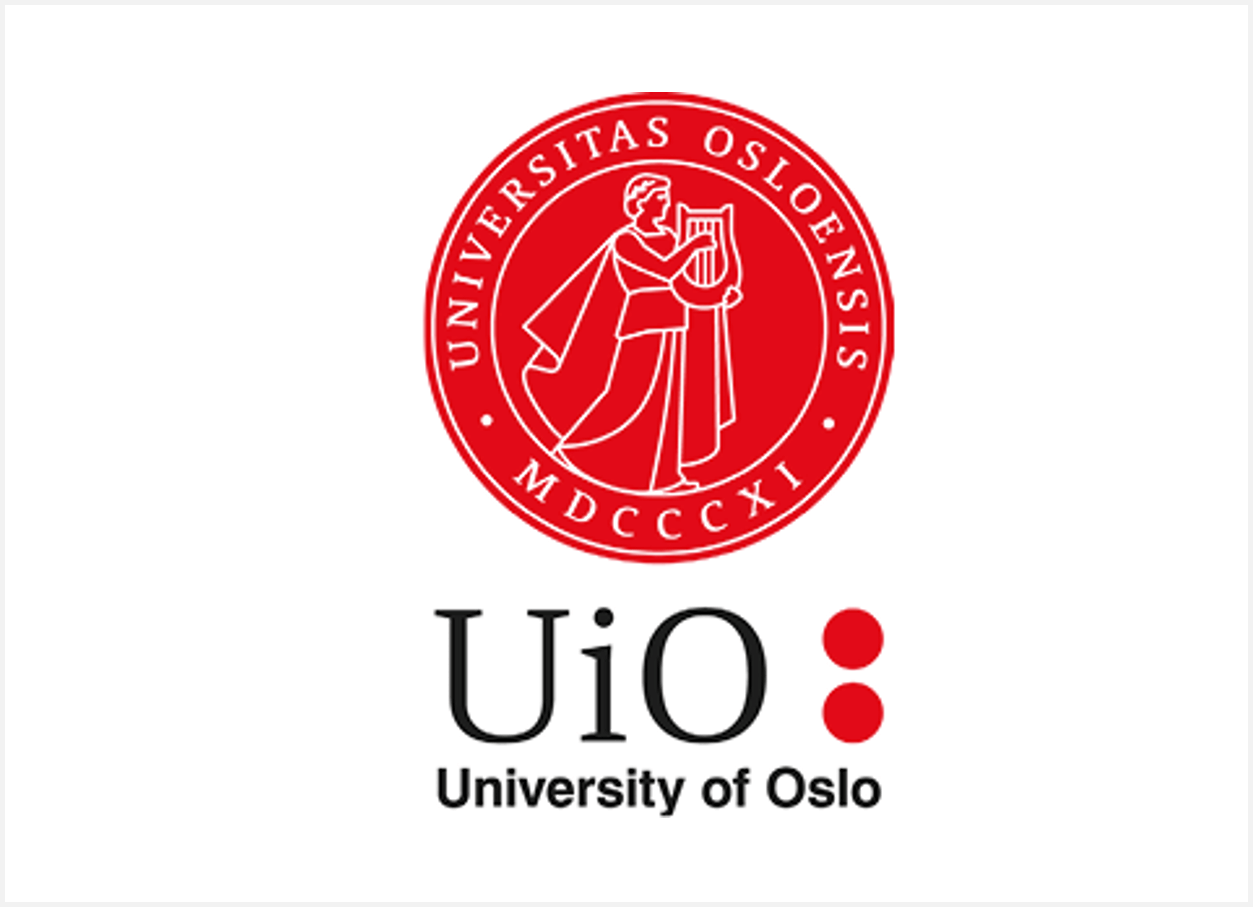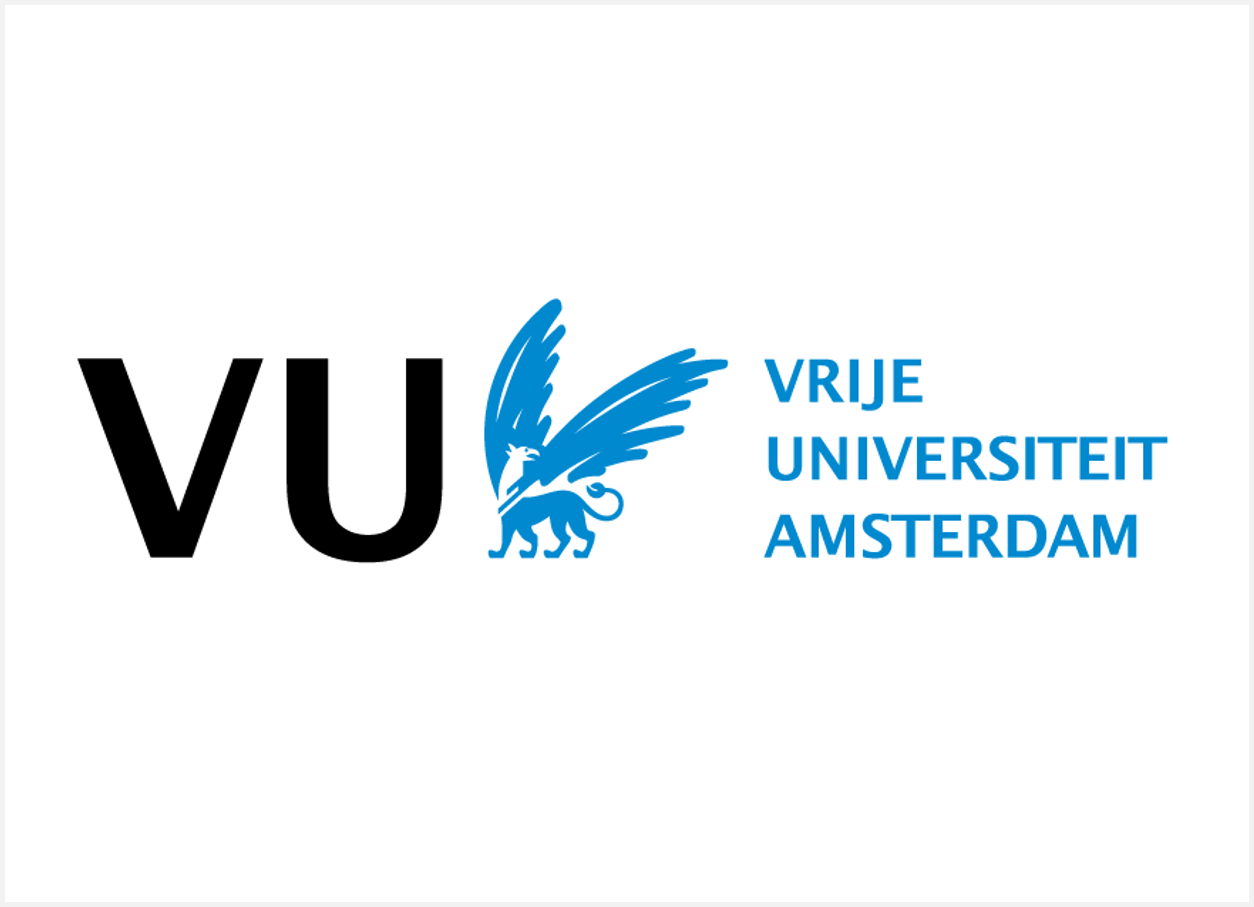An interdisciplinary team of supervisors and cosupervisors of the doctoral researchers and a European Project Manager are involved in the Melomanes project, as well as External Advisory Board Members (providing external evaluation, monitoring and advice on the progress of the project and playing an important mentoring role in the personal career development plan of each doctoral researchers).
Supervisors
Cécilia MENARD-MOYON
Dr. Cécilia Ménard-Moyon obtained her PhD in 2005 at Commissariat à l’Energie Atomique et aux Energies Alternatives (CEA)/Saclay (France). After a 1-year postdoc at the University of York (UK) and 18 months in a company in Belgium (Nanocyl SA), she joined CNRS as Research Associate in 2008 in the Laboratory of Immunology, Immunopathology and Therapeutic Chemistry in Strasbourg (France). In 2021 she was promoted CNRS Research Director. Her research interests are focused on the functionalization of carbon-based nanomaterials and 2D materials for biomedical applications, the self-assembly of amino acid derivatives and peptides, as well as the formation of hydrogels for on-demand drug delivery. She has published ~100 articles and 10 book chapters (h-index: 42, > 4500 citations). She is the coordinator of the Horizon Europe Marie Skłodowska-Curie Actions Doctoral Networks Melomanes project.
Juha K. RANTALA
Dr. Juha K. Rantala is the founder and principal investigator of Misvik Biology Ltd (Turku, Finland). Dr. Rantala received his PhD in biomedical engineering with invention of the Cell Spot Microarray (CSMA) technology. He has a deep scientific pedigree in the molecular profiling of human cancers and has previously worked as a research professor at Knight Cancer Institute, Oregon Health and Science University, as a lecturer at University of Sheffield, Department of Oncology and Metabolism and currently also as Target Identification Lead for oncology research at Orion Pharma. He has 20+ years of experience on high throughput in vitro an ex vivo drug screening technologies for cancer research and drug development. Since 2015 under guidance of Dr. Rantala, Misvik Biology has been pioneering a functional diagnostic ex vivo therapy efficacy assessment platform for rare solid cancers and assay technologies for characterization and grouping of engineered nanomaterials based on toxicogenomics.
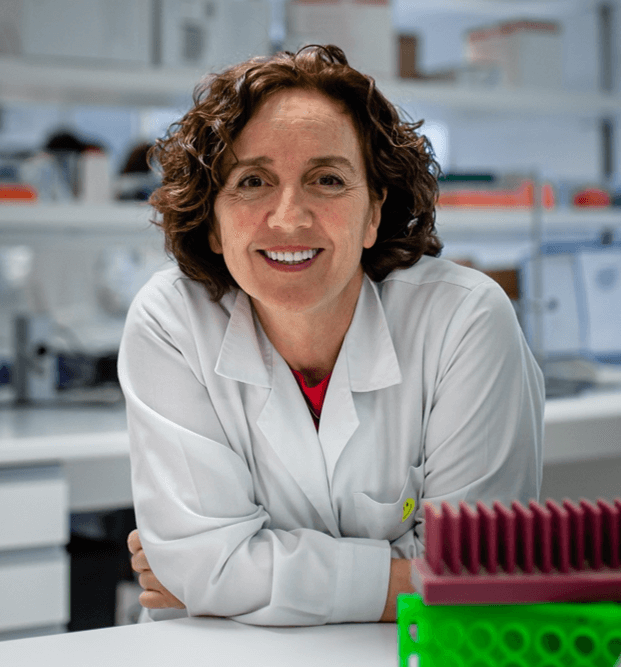
Mónica LOPEZ FANARRAGA
Prof. Mónica LOPEZ FANARRAGA is currently a Professor at the University of Cantabria and leads the Nanomedicine group at the IDIVAL Institute (Santander) formed by more than 30 scientists. Mónica has a degree in Veterinary Medicine from the University of Zaragoza (1989), a PhD from the University of Glasgow (United Kingdom, 1993) and a PhD in Medicine and Surgery from the University of Cantabria (1999). During her postdoctoral training, she carried out stays at the Hubrecht Laboratorium (Holland, 1994), the European Molecular Biology Laboratory (EMBL, Germany 2000), and the University of Vigo (2021). Mónica has been awarded more than 40 competitive research projects. Currently, she is the principal investigator of 2 national projects in nanomedicine and is a member of networks of excellence such as the MSCA-Doctoral Network “Melomanes”, several COST-actions or the Spanish NanobioApp or Nanomed Spain. Out of more than 60 JCR publications in the fields of nanomedicine, neurobiology and molecular/cell biology, including articles in Nature, JCB, ACS Nano, Adv. Healthc. Mat., J. Nanobiotech or Angewandte Chem, Mónica has led more than 40 articles as PI and 5 patents in this field. Mónica actively participates in pre-/post-doctoral researchers’ training and has been/is the tutor of 9 postdoctoral researchers and 10 competitive predoctoral fellowships (e.g., FPU, p-FIS, i-pFIS, and Regional FPI) and has supervised 10 defended doctoral theses, 5 of them awarded the “Extraordinary Prize”, and the last two, the “Juan Mª Parés” Prize for the best doctoral thesis in biomedicine from the University of Cantabria. For her contributions, the Spanish Platform for Innovation in Health Technology (Fenin) awarded her the “Best Researcher Award” in 2022. http://mlfanarraga.wix.com/gruponanomedicina
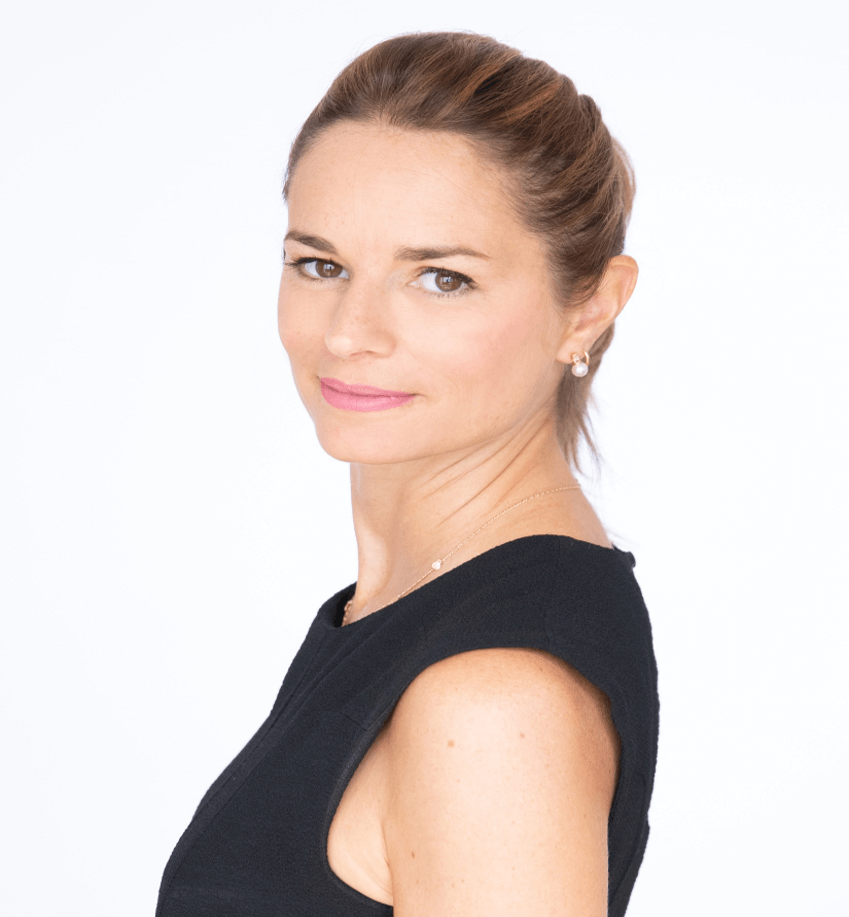
Maria LOUSTAU
Dr. Maria Loustau holds a PhD in Biotechnology, with expertise in Biochemistry, Biotechnology and Immunology. She joined the leading HLA-G research team in Paris (2010) to work on HLA-G expression patterns and HLA-G recombinant expression and purification. She joined Invectys in 2011 and since she has been leading projects related to the human health Immunotherapies’ field development, notably on HLA-G immunotherapies research by first developing new methods to induce anti-HLA-G antibodies (2012). Later, she made several new achievements by isolating the first-in-class blocking antibodies and nanobodies against the HLA-G/ILT4 immune checkpoint pair (2016, 2019), developing the first immunotherapy targeting HLA-G through the generation of anti-HLA-G CAR-T cells (2018), and contributing to iNKT cells therapeutic adjuvant project (2021). She is co-inventor of 6 patents related to HLA-G and immunotherapeutic products. Currently, she is involved in translational partnerships management with laboratories of hospitals, academia and industry.

Julien CAUMARTIN
Dr. Julien Caumartin holds a PhD in immunology from the University of Paris Diderot (France) and joined Invectys in 2013 after two postdocs at the Scripps Research Institute (USA) and at CEA Fontenay-aux-Roses (France), and two years at Intellectys as Senior Scientist.
He demonstrated that membrane transfers (trogocytosis) and anchored HLA-G proteins between tumor cells and effector cells induced a tolerogenic microenvironment (2006) and suppressive Natural Killer cells (2007). He also identified that iNKT cells could be used as therapeutic adjuvant for vaccination (2009). He demonstrated that Prion disease replicate in peripheral immune system (2010). He developed new methods to induce new anti-HLA-G antibodies (2012) and identified new blocking antibodies against HLA-G (2016) and demonstrated functionality of anti-HLA-G CAR-T cells (2018, 2019).

Else MARIT INDERBERG
Else Marit Inderberg leads a research unit performing immunomonitoring in clinical trials and development of cellular therapy at the Dept. of Cellular therapy, Oslo University Hospital. Her main research focus is on T-cell function and therapy development as well as the identification of predictive biomarkers of therapy response. She has broad oncology-related clinical trial experience and holds an MSc equivalent degree in Immunology from France and a PhD in tumour immunology from the University of Oslo, Norway. She has co-authored numerous peer-reviewed publications, holds several patents, and is co-founder of two separate spin-off companies.
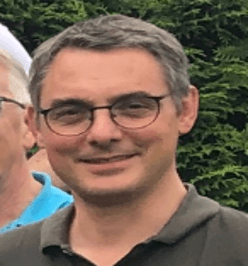
Sébastien WÄLCHLI
Sébastien Wälchli is group leader at the Translational Research Unit, Dept. for Cellular therapy, Oslo University Hospital) a newly established pre-clinical entity directly connected to the immunomonitoring unit. He leads the molecular biology of the T-cell receptor (TCR) and the Chimeric Antigen Receptor (CAR) development platforms. The TCR platform has led to the filing of numerous patents, the establishment of a biotech (Zelluna Immuntherapy AS, 2016) and the first TCR tested in human in Norway (ClinicalTrials.gov Identifier: NCT03431311). The CAR platform has completed the pre-clinical development of 2 candidates (CD37CAR: and OSCAR) and is working on around 15 new constructs, most of them directed against solid tumours. In addition, the lab is developing innovative solution for cellular therapy, such as advanced universal therapeutic solutions (NK-TCR, TCR-CAR), and different innovative tools in the immunotherapeutic field (vaccination, effector cell improvement, etc.).
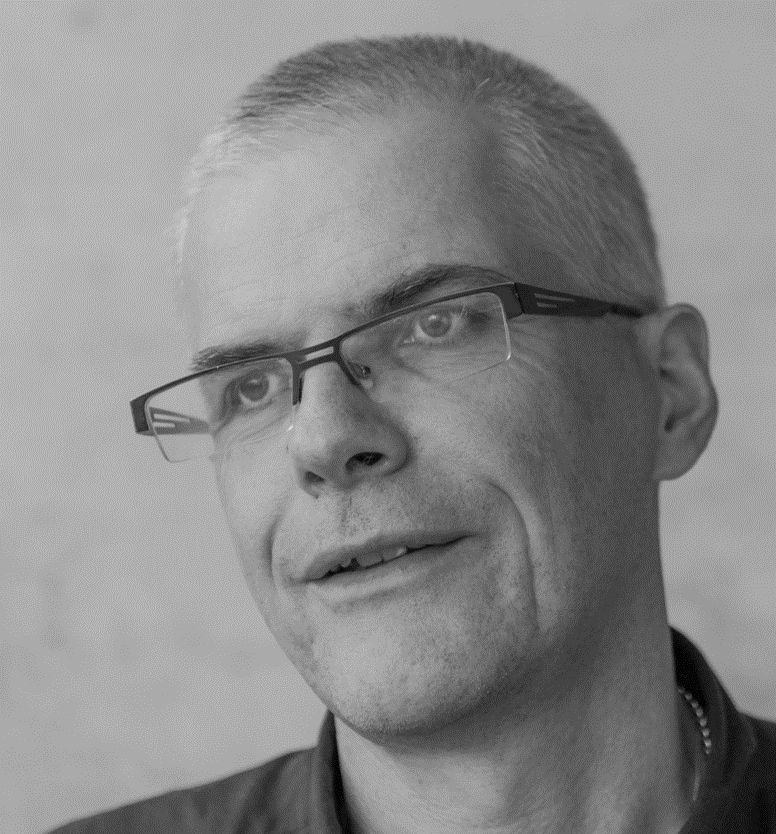
Roland HISCHIER
Roland Hischier holds a doctorate in environmental sciences from ETH Zürich. He first worked in the ecology department of a private company, before he joined in 2000 Empa where he works today as Head of the ‘Advancing Life Cycle Assessment’ (ALCA) Group within the Technology and Society Laboratory. The Technology and Society Laboratory creates and communicates knowledge for a transition towards a sustainable society by, among other things, analysing new materials and technologies with regard to their ecological and social impact. He was involved in numerous LCA studies – focussing mainly on the LCI modelling development; and dealing mainly with the sectors of packaging, bio-based materials and fuels, the ICT (information and communication technology) sector and since 2006 nanotechnology. In 2001 he joined as representative of Empa St. Gallen the group of LCI experts of the ecoinvent Centre, the homebase of the international life cycle inventory database ecoinvent. Since May 2013 he represents Empa in the board of ecoinvent, i.e. in the steering committee; since July 2016 acting as its president. Furthermore, he is since more than 10 years member of the Board of ‘Diskussionsforum LCA’ (DF LCA) – a Swiss association organizing 3-4 times/year one-day conferences in the area of LCA.
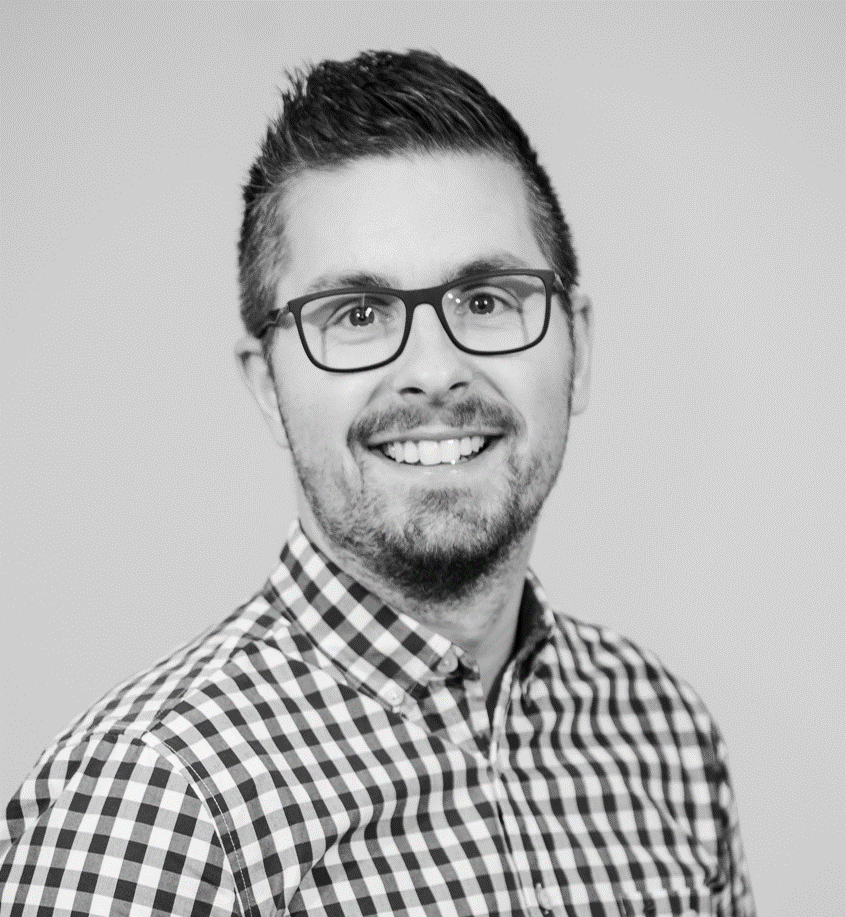
Tomasz KOSTRZEWSKI
Dr Tomasz Kostrzewski has more than 15 years of experience in molecular and cellular biology research. He joined CN Bio in 2015 and was promoted to Director of Biology in 2018 with responsibility for biological model development and collaborative research projects with academic, pharma and regulators. In 2021 he was subsequently promoted to VP – Science and Technology with responsibility for all technical activities including developing new products, technologies and assays, as well as contract research services. Dr Kostrzewski has managed multiple grant-funded collaborative projects at CN Bio and is currently the project lead for the collaborative project between CN Bio and the FDA. He has published more than twelve peer-reviewed scientific articles in the last five years and submitted several patent applications.
Prior to joining CN Bio, he worked at Imperial College London in the Department of Life Sciences studying immune cell development and stem cell differentiation, as well as at GlaxoSmithKline working in biopharmaceutical drug discovery and development. Dr Kostrzewski holds three degrees from the University of Sheffield and Imperial College London in Cell and Molecular Biology.
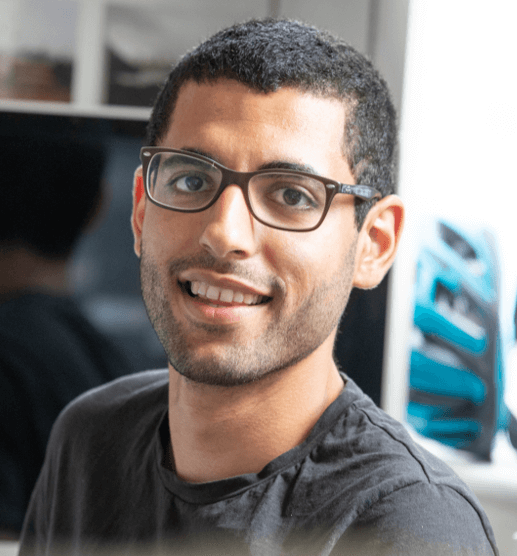
Yassen ABBAS
Dr Yassen Abbas is a Lead Scientist at CN Bio Innovations. He completed an MEng in chemical engineering at The University of Edinburgh and joined the European Space Agency as a graduate engineer. He later received a PhD from the University of Cambridge and completed a postdoc fellowship, also at Cambridge on the development of a tissue engineered model of the human endometrium. He has experience with real-time sensor technology, organoids and development of in vitro tissue models using human primary cells. Dr Abbas has published five peer-reviewed scientific articles, four as first author.
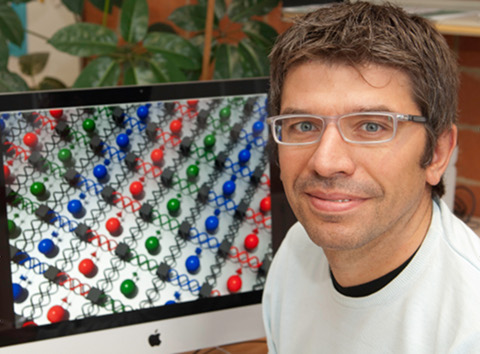
Davide BONIFAZI
Prof. Davide Bonifazi obtained his PhD at the Swiss Federal Institute of Technology, Zürich (2000-2004). During his doctoral studies he has been also visiting scientist at the Weizmann Institute Scientist working with Prof. David Cahen. He was awarded the Silver Medallion of the ETH for his doctoral dissertation (2005). After a one-year postdoctoral fellowship with Prof. Maurizio Prato at University of Trieste (organic functionalization of carbon nanotubes), he joined the Department of Pharmaceutical Science at the University of Trieste as a research associate first and then as a part-time Researcher/Professor (2012-2016). In 2006, he joined the Department of Chemistry at the University of Namur (BE) as Junior Professor (2006-2011) and as Associate Professor of Organic Chemistry (2012-2015). In 2016 he became Chair Professor of Organic Supramolecular Chemistry in the School of Chemistry at Cardiff University (UK). Since 2020 he is a Chair Professor in Organic Chemistry at the Faculty of Chemistry at University of Vienna.
His activities are focused on the creation of functional organic architectures in interdisciplinary projects through targeted organic synthesis, self-assembly and self-organization of organic architectures in solution and on surfaces, physical-organic studies, and material- and bio-based design.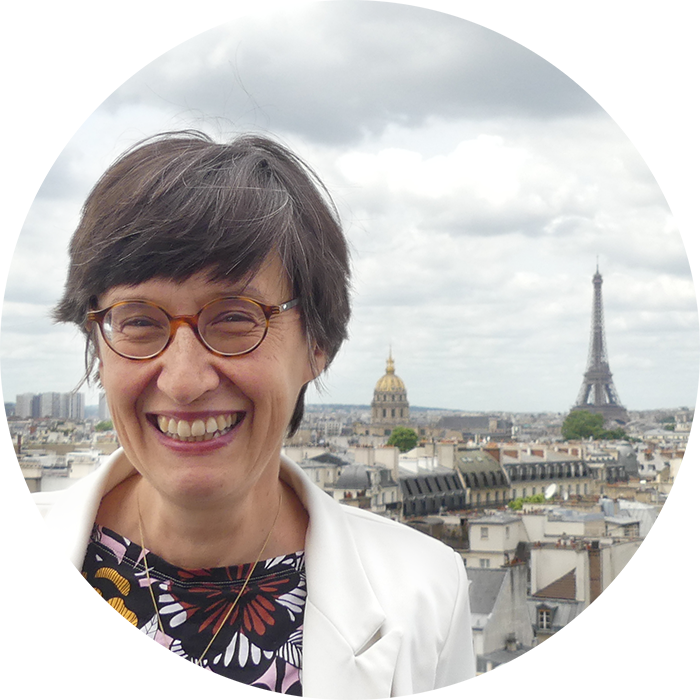
Florence GAZEAU
Florence Gazeau (Physicist, senior CNRS scientist, 52 years old, female) received her PhD in solid state physics from Université Paris Diderot in 1997. Since 2016, she is deputy director of Matière et Systèmes Complexes Lab (MSC, CNRS and Université Paris Cité), gathering more than 160 people at the interface of Physics, Biology, Chemistry and Medecine.
Her group, MSC Med (msc-med.u-paris.fr/), is dedicated to nanomedicine translational research and bioengineering innovation on the Campus Saint Germain site in Paris, regrouping about 40 people from different disciplines and nationalities, together with a spin-off company (Everzom) and the industrial integrator ‘bioproduction/biotherapy’ IVETh dedicated to extracellular vesicles and nanovectors for diagnostic and precision therapy (iveth.u-paris.fr/). She is author of 200 international publications in high impact factor interdisciplinary journal with more than 16000 citations. She is co-inventor of 8 patent applications, 4 of which have been licensed to spin-off companies EVerZom and EVORA Bioscience, from which she is scientific adviser and co-founder. Her work has established an internationally recognized research group in biomedical applications of metallic nanoparticles (cell tracking by magnetic resonance imaging, magnetic and photothermal therapy, tissue engineering), nanotoxicology, life cycle and long term fate of inorganic nanoparticles, nanometrology, mecanobiology of cancer and drug delivery, as well as regenerative medicine with biological or bioinspired vesicles. She has been involved in different European projects (Magnifico, Nocanther, NanoTBTech…) and more than 20 national projects.
Co-supervisors

Emmanuel DONNADIEU
Dr. Emmanuel Donnadieu, Ph.D, is an immunologist at INSERM Institut Cochin in Paris (France), where he leads the “Cancer and immune response” team. His research is focused on T cells in tumors using ex vivo human preclinical models. His major contributions were the demonstrations of a defect in T cells to infiltrate tumors and the role of matrix fibers and macrophages in this process. His current projects aim at targeting the tumor microenvironment to improve T cell-based immunotherapies.
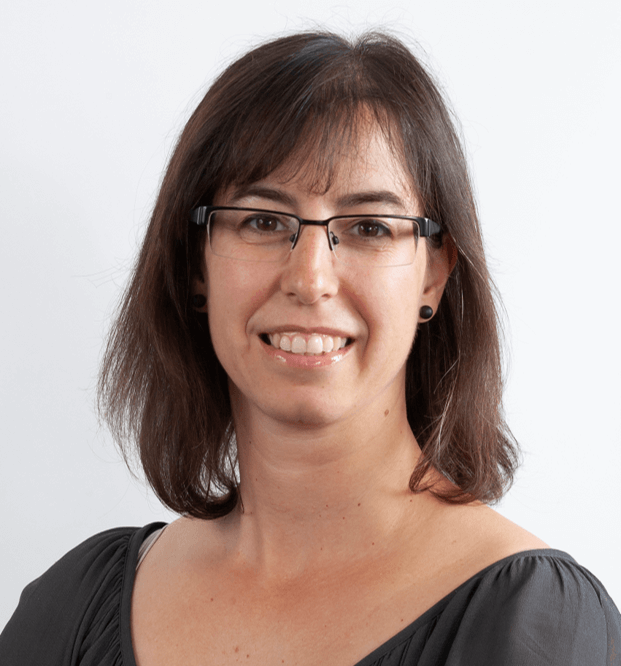
Belén BALLESTEROS
Belén Ballesteros is a Scientific Researcher of CSIC at ICN2 (Catalan Institute of Nanoscience and Nanotechnology), leader of the ICN2 Electron Microscopy Unit and Head of the METCAM platform at JEMCA (Joint Electron Microscopy Center at ALBA). Graduated in Chemistry from the UAB and with a PhD in Materials Science (ICMAB-CSIC), she completed her postdoctoral stage at the University of Oxford, from 2006 to 2009, where she specialized in the study and nanoanalysis of nanomaterials by advanced techniques of electron microscopy, obtaining the Certificate of Competence in Electron Microscopy. In April 2009, she joined the ICN2 (then ICN) where she leads the Electron Microscopy Unit. She has participated in several national and European projects, such as the FP7 Marie Curie ITN RADDEL project, and several transnational infrastructure access projects, such as NFFA-Pilot Europe and the ReMade@ARI. Her main research interests are focused on the use of advanced electron microscopy techniques for the study of nanomaterials, with a special focus on those for biomedical applications.

Martin SCHWENTENWEIN
Dr. Martin Schwentenwein has a background in photopolymerization chemistry from TU Wien. After finishing his diploma thesis on ‘New Monomers for Stereolithography’ in 2008 and his PhD thesis on “Development of Tough Photopolymers for Lithography-based Additive Manufacturing Technologies” (both TU Wien), he joined the start-up Lithoz GmbH in 2012 as materials developer and built up the R&D division in the company. Today, he acts as Chief Scientific Officer and R&D coordinator of Lithoz GmbH.
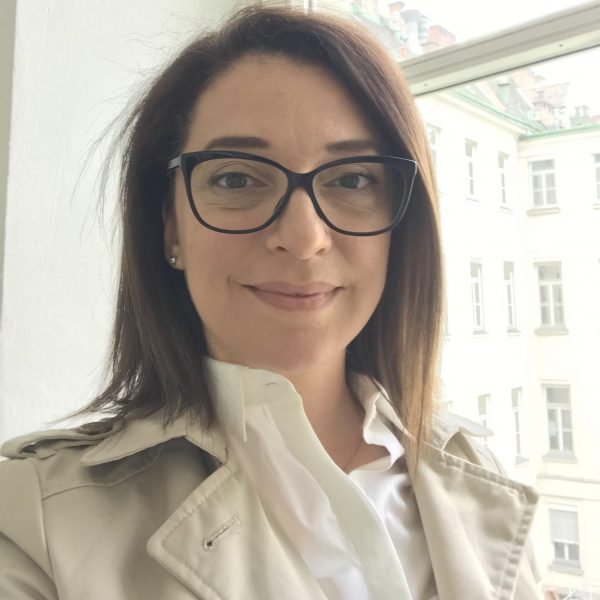
Laura MAGGINI
Dr. Laura Maggini obtained her Master Degree in Organic Chemistry at the University of Rome – Sapienza (Italy) in 2006 investigating the reactivity of sulfoxide radical cations. She then moved to the University of Namur (Belgium) as a Marie Sklodowska Curie ITN ESR PhD candidate (Finelumen project N°215399), to pioneer the exploitation of the supramolecular functionalisation of CNTs with purposefully designed molecular modules to gain new functions, direct the assembly and enhance the activity of the resulting hybrid systems. During her PhD she was also a visiting scientist in the group of Prof. Aida at the Riken Institute in Tokyo (Japan), where she investigated the directed embedding of the functional hybrids developed into hydrogel matrices. Funded by two consecutive Marie Sklodowska Curie Individual Fellowships she first joined the group of Prof. De Cola at the Institut de Science et d’Ingénierie Supramoléculaires (I.S.I.S.), University of Strasbourg (France), to develop the synthesis of “breakable” functional mesoporous silica NPs for drug delivery formulations (Pop-silica project N° 627788). And later the group of Dr. De Volder at the Institute for Manufacturing (IfM), University of Cambridge (UK), to study the controlled assembly of hybrid nanomaterials exploiting additive manufacturing technologies in the pursuit of multi-scale engineered advanced materials (Supra-CNTs project N° 702435).
Since 2020 she joined the Institute for Organic Chemistry at the University of Vienna (Austria) as Senior Researcher associated to Prof. Bonifazi’s group, leading the research effort aimed at developing novel manufacturing platforms and scale up production processes for the functional organic supramolecular materials produced in the laboratory.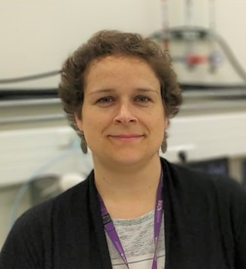
Lorena GARCIA-HEVIA
Dr. Lorena García-Hevia is a Research Scientist at the University of Cantabria and Valdecilla Research Institute (IDIVAL). She holds a PhD in Molecular Biology, with expertise in Nanomedicine, Molecular and Cell Biology. She continued her specialization in nanomedicine in 3 different institutes in Europe and USA. In 2016, she moved to the Stephenson Cancer Center at the University of Oklahoma, where she investigated the use of gold nanoparticles in ovarian cancer. In 2017, she got a position at one of Europe’s most prestigious international centers focused on nanoscience and nanotechnology, The International Nanotechnology Laboratory (INL), in Braga (Portugal). Her research focused on developing and validating magnetic nanostructures and solid lipid nanoparticles for cancer treatment. Two years later, in 2019, she moved to The Biorobotics Institute (Pisa, Italy) to work on a European regenerative medicine and biomaterials project. After this international experience, in 2020 she obtained one of the renowned “Sara Borrell” fellowships that she enjoyed until 2021 when she finally obtained a highly competitive Juan de la Cierva Incorporación postdoctoral contract to work as an independent researcher at the University of Cantabria. Her international vision has opened numerous collaborations that have helped her to participate in different European international COST Action networks and that have enabled her to continue traveling on short stays to different laboratories at the international level and co-chairing the organizing committee of the Nanomaterial Apply to live Science Congress (NALS 2022). She is/was involved in more than 15 National and International projects. Currently, she leads three projects, has co-authored numerous peer-reviewed publications and holds a patent.
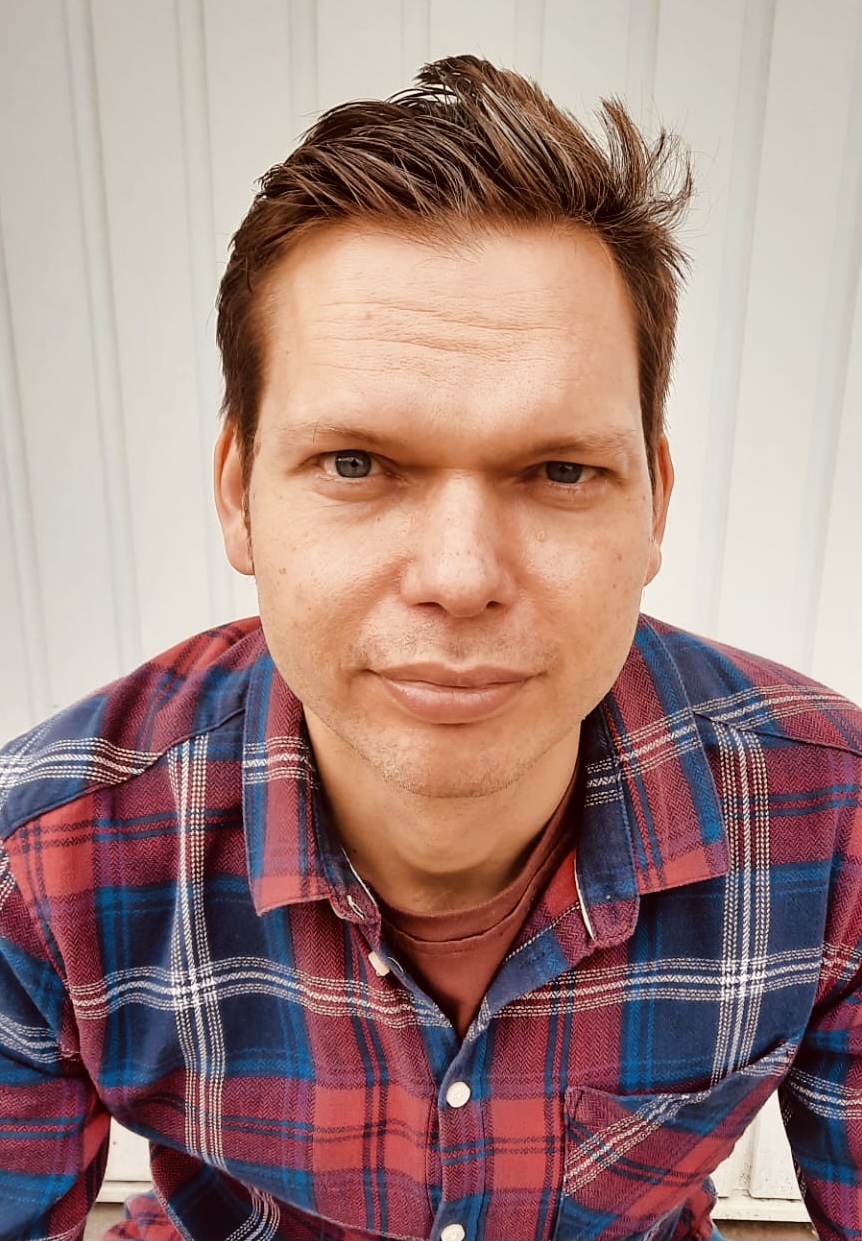
Michiel VAN OUDHEUSDEN
Michiel van Oudheusden is Assistant Professor of Citizen Science for Responsible Transformation at the Athena Institute (VU Amsterdam), working at the intersections of science, public engagement, and innovation governance. From 2008 to 2012, he reflected with Flemish nanoscientists and technologists on how nanotechnologies shape new, collective futures. This exploration resulted in his PhD thesis on the politics of participation in technology assessment. While based at the University of Liège (2012-2015), he compared Flemish and Walloon innovation policies. In 2015, he joined the Belgian Nuclear Research Centre SCK-CEN, where he studied safety and security governance, citizen-driven radiation monitoring, and reached out to policymakers, scientists, members of civil society, and the public at large, with a view towards inciting responsible research and innovation in the nuclear field. From 2019 to 2021 he was employed as a Marie Skłodowska-Curie research fellow at the University of Cambridge, where he researched and facilitated interactions between grassroots citizen science groups and formal institutions, such as public authorities and research communities. Together with illustrator Hans Boeykens, he creates science cartoons. He is a cofounder and coordinator of the FWO-funded Belgian Science, Technology and Society network (B.STS).
European project Manager
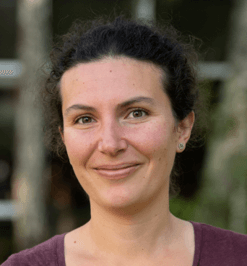
Marion ROULLET
Dr. Marion Roullet joined “Melomanes” as Project Manager. Trained as a materials scientist at ESPCI Paris PSL and University of Edinburgh, her MSCA-funded PhD research explored the influence of milk proteins on the texture of yogurt at Unilever R&D. Led by sustainability concerns, Marion’s interests then switched towards biodegradable materials made out of organic waste. Since 2021, she has been working as an independent R&D scientist in the association Atelier CIRCULR.
External Advisory Board Members

Khuloud AL-JAMAL
Prof. Khuloud Al-Jamal is a Chair of Drug Delivery & Nanomedicine and Head of Medicines Developments at the Institute of Pharmaceutical Science, King’s College London. She undertook her pre-registration training at University College London Hospitals. Her work focusses on developing nanomedicines to improve treatment of neurological diseases and cancer. She is a recipient of the Royal Pharmaceutical Society of Great Britain Science Medal, Maplethorpe Fellowship for the promotion of pharmaceutical education and excellence in research, BBSRC New Investigator Award, the Controlled Release Society Nanomedicine and Nanoscale Delivery Focus Group Young Investigator Award. She is a three-time winner of the Wellcome Trust Science Image Awards. She is an editorial board member for several journals such as Biomaterials Science, Scientific Reports, MedBioMed and Journal of Drug Targeting. She is a Fellow of Royal Society of Chemistry and The Royal Pharmaceutical Society.
Gerard TOBIAS-ROSSELL
Gerard Tobías-Rossell is a Research Scientist from the Spanish National Research Council (CSIC) working at the Materials Science Institute of Barcelona (ICMAB). At ICMAB he leads the research on Nanoengineering of Carbon and Inorganic Materials, NanoCIM (https://www.icmab.es/ssc/nanocim). Most of his research activity is in the area of nanooncology, by developing nanomaterials for both diagnosis and treatment of cancer. From the wide variety of nanomaterials available, his main focus is on the exploitation of the unique properties that both, carbon and inorganic nanomaterials offer. He has been involved in several research projects both at national and international level with universities, research centres and industries. For instance, at the moment his research activities on nanooncology are being funded by the ERC Consolidator Grant NEST and the ERC Proof of Concept TARLIT. He has also been involved in several training activities such as the coordination of the ITN network RADDEL (Nanocapsules for targeted delivery of radioactivity) focused on nanomaterials for nuclear medicine (https://raddel.icmab.es), and was a FECYT Spanish representative of the project PIPERS on “Researcher career skills for career development”. He is also involved in a wide range of outreach activities to target the general public.
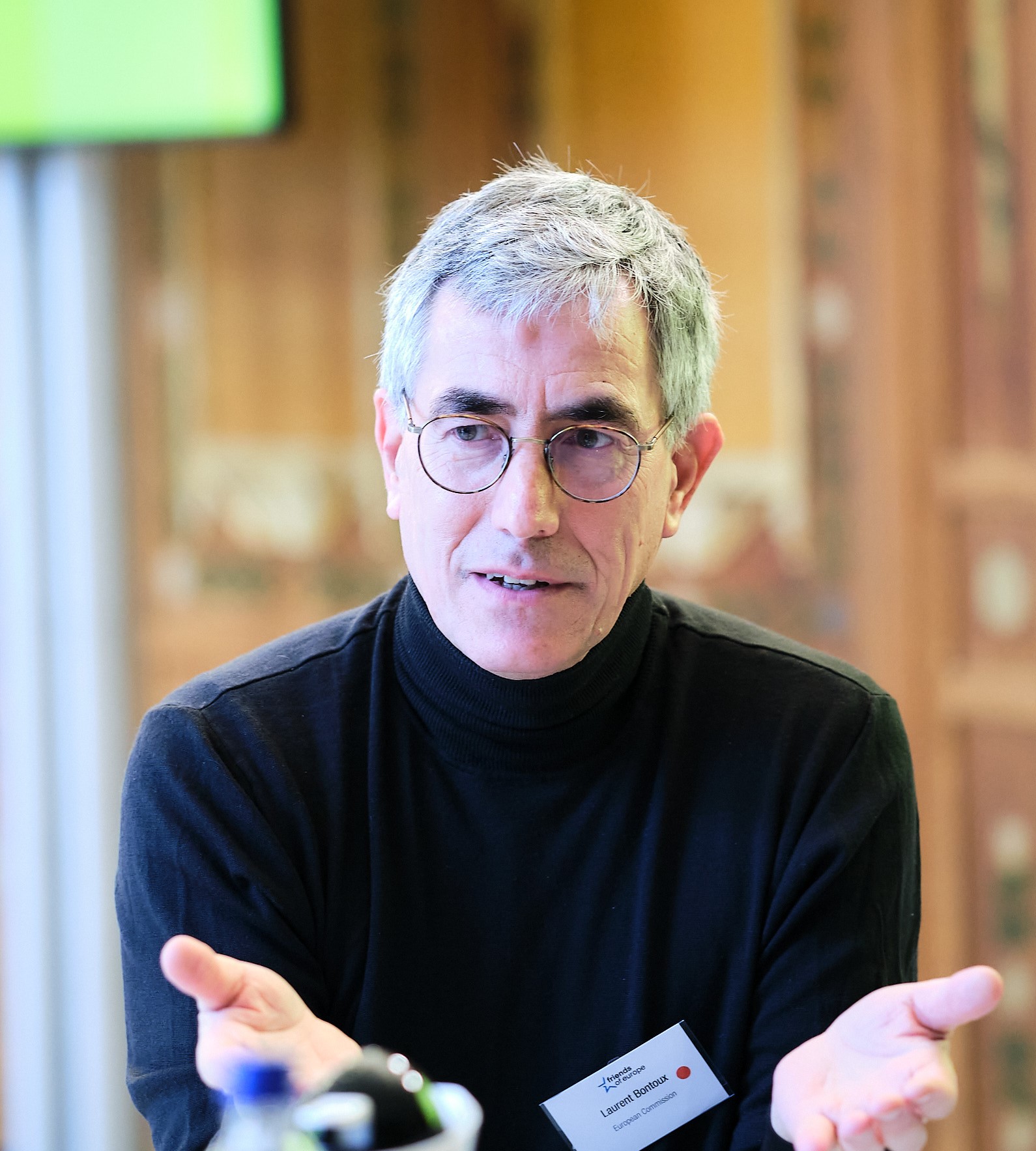
Laurent BONTOUX
Dr. Laurent Bontoux is a Senior Foresight for Policy Expert at the European Commission’s Joint Research Centre. His daily work involves bringing future-oriented systemic thinking into EU policymaking. He applies participative approaches that are inclusive of all relevant stakeholders (Commission, Industry, Member States, international institutions, civil society, academia…) to make sure that the best evidence is used to build the collective intelligence necessary for effective policymaking. Recently, this experience has been applied to better understand how to make the EU food system sustainable and to reflect on the EU’s sustainable transition in the frame of the preparation of the European Commission’s Annual Strategic Foresight Report.
Laurent has two engineering degrees, in food technology (FR) and in environmental engineering (USA). Prior to joining the European Commission, he spent 3 years ensuring the environmental safety of household products at Procter & Gamble in Brussels. He joined the European Commission in 1993 where he spent most of his career working at the science/policy interface on a wide range of issues. Beyond sustainable development, his portfolios have had a particular focus on health and environmental risk assessment topics ranging from nanotechnologies and wastewater reuse to antimicrobial resistance, and from endocrine disruptors to the health effects of electromagnetic fields. This led him to gain hands on experience on how various types of scientific evidence is used in policy and on the reality of engaging with a broad diversity of stakeholders.
Doctoral researchers
Chiara PUCCINELLI
Chiara Puccinelli was born in Lucca, Italy, in 1997. She completed her Bachelor’s and Master’s degrees in Chemistry at the University of Pisa, where she optimized the synthesis of zinc oxide nanoparticles doped with aluminium and cobalt.
In November 2022, she joined BrightComSol GmbH, a company that develops and produces perovskite-based materials and nanomaterials to be used in X-rays scintillators.
In September 2023, she became a PhD student in the Bonifazi group as part of the Melomanes project. Her research focuses on synthesizing and characterizing iron carbide nanoparticles with a graphitic carbon coating for applications in magnetic and optical hyperthermia.
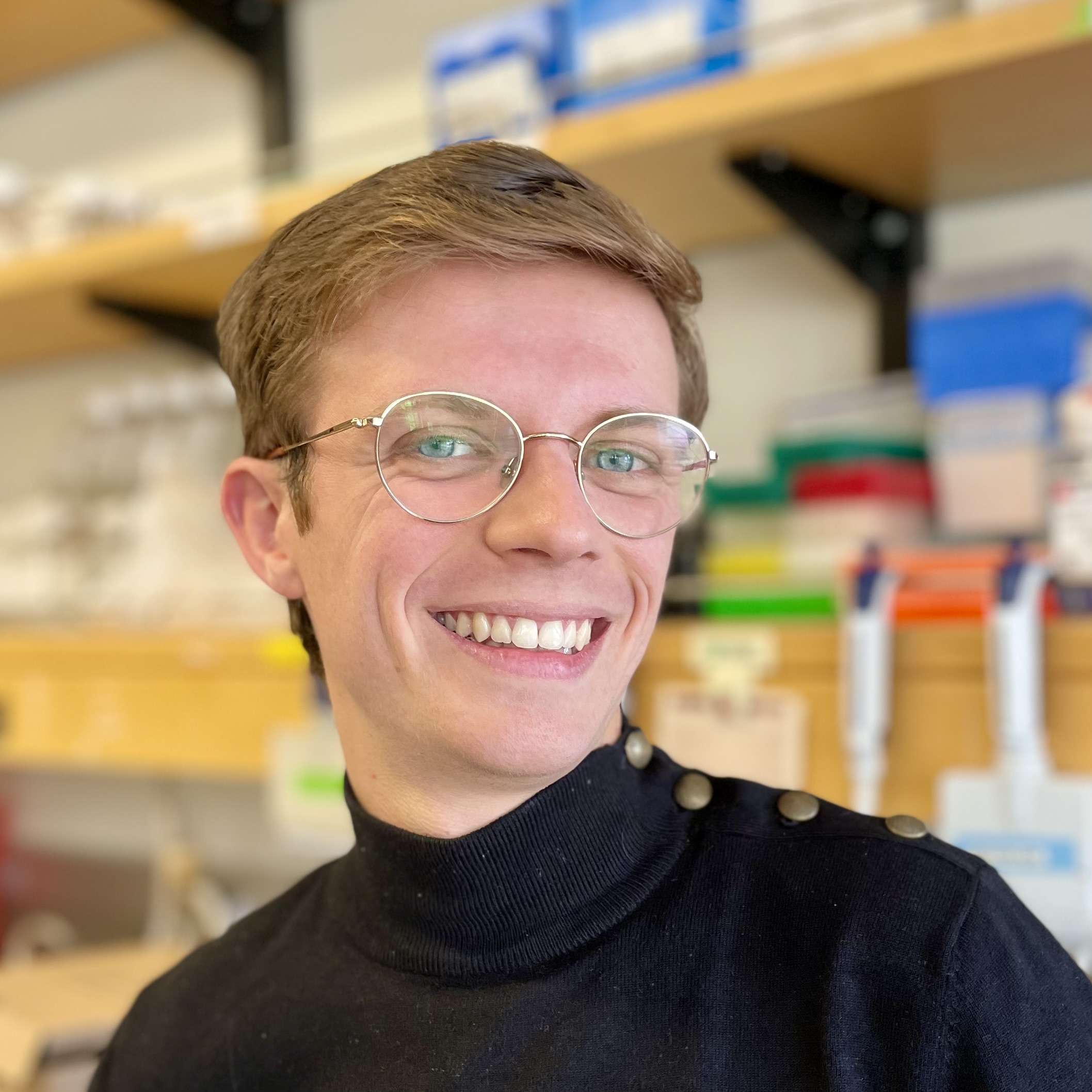
Thibault LERAY
Thibault Leray is a PhD student in the Department of Cellular Therapy at Oslo University Hospital. He completed his undergraduate and master’s degrees at Ecole Normale Superieure Paris-Saclay and University of Paris, graduating with a master in Immunology and Immunopathology.
His master’s thesis focused on human innate lymphoid cells’ metabolism modifications and plasticity under different cytokines exposure. Interested in immunotherapy development, he joined the Tang Lab at University of California, San Francisco as a visiting graduate student. There, he worked on TCR-engineered Tregs targeting pancreatic islets antigens to treat and revert type 1 diabetes.
In the MELOMANES project, Thibault will work on the development of universal CAR and T cell receptor-based combination therapy for melanoma treatment.
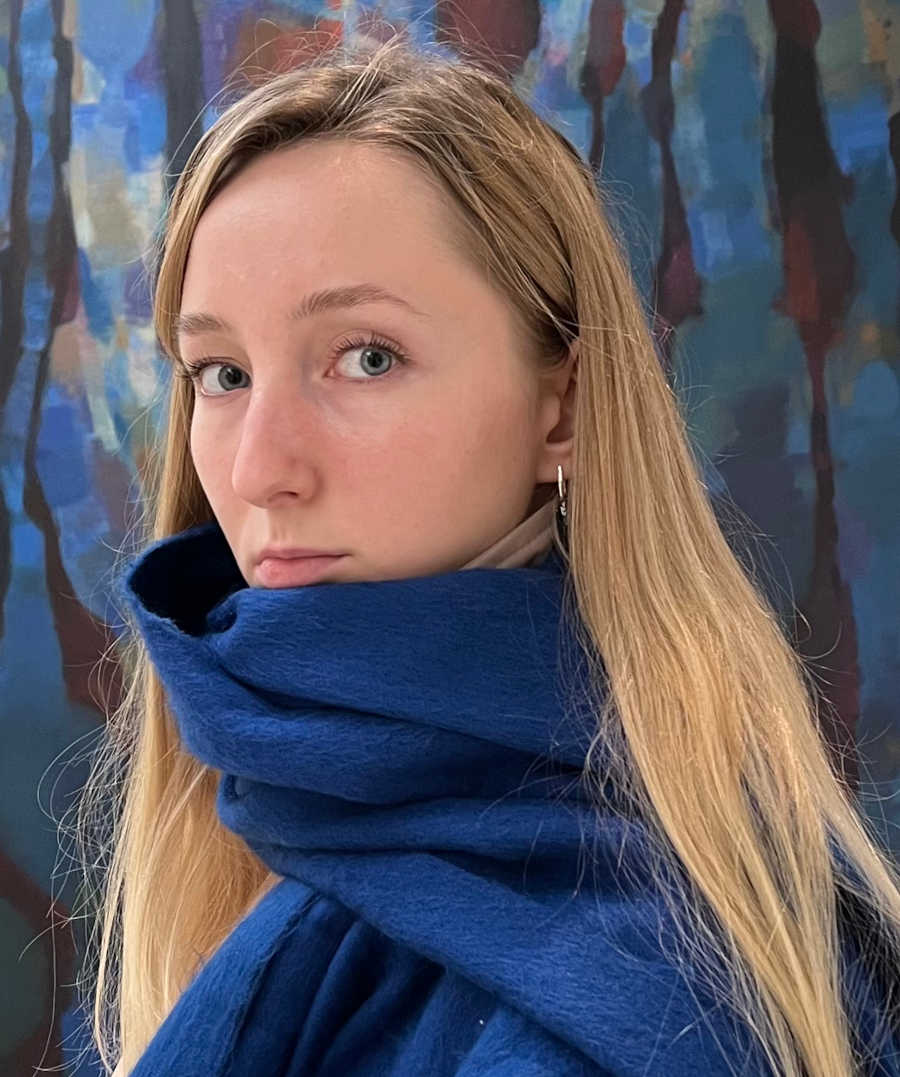
Tatiana BOBROVA
Tatiana Bobrova received her Master’s degree in Pharmaceutical Sciences (Innovative Drugs) from the University of Burgundy. She conducted her master’s thesis research at the I3 lab of Sorbonne University, focusing on the preclinical development of a 3rd generation Interleukin 2 in a mouse model for autoimmune and inflammatory diseases. Her bachelor’s scientific research delved into the antitumor activity of iron oxide Fe3O4 magnetic nanoparticles loaded with doxorubicin under the influence of an alternative magnetic field.
She has also been recognized as a winner in Russian scientific competitions, including the Federal Student Tournament of Three Sciences and the Student Biological Tournament (finalist).
Tatiana Bobrova is now doctoral researcher at Invectys, working on synergic therapy for solid tumours, by combining CAR-T cells with the properties of magnetic nanoparticles.
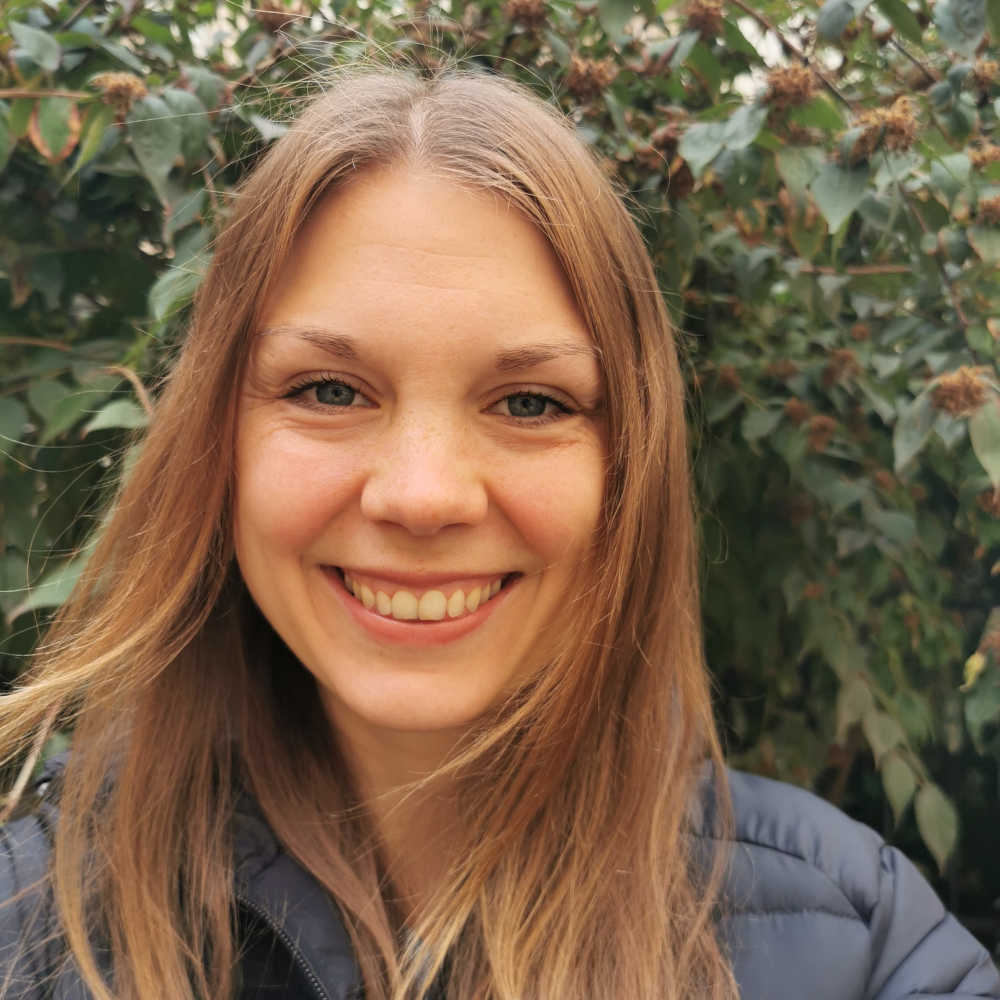
Amalie LEINEBØ
Amalie Leinebø has a MSc in Nanotechnology, with specialization in bionanotechnology, from the Norwegian University of Science and Technology. For her Master’s thesis, she conducted research on electrochemical enzymatic lactate biosensors, completing her thesis in June 2023. Amalie spent one year in the Netherlands at Eindhoven University of Technology on an Erasmus exchange program, taking courses in biomedical engineering and applied physics. Before initiating her MSc, Amalie completed the first year of medical studies at the University of Oslo, obtaining both theoretical and practical experience within human biology and patient interactions. After one year of medical studies, she learned that she wanted to work with biomedical research, and decided to pursue an engineering degree in bionanotechnology.
Since October 2023, Amalie has been a doctoral researcher in the Melomanes project, investigating and evaluating the multiscale biological effects of nanoparticle-induced hyperthermia, multi-modal imaging and immunotherapy in a mouse melanoma model.
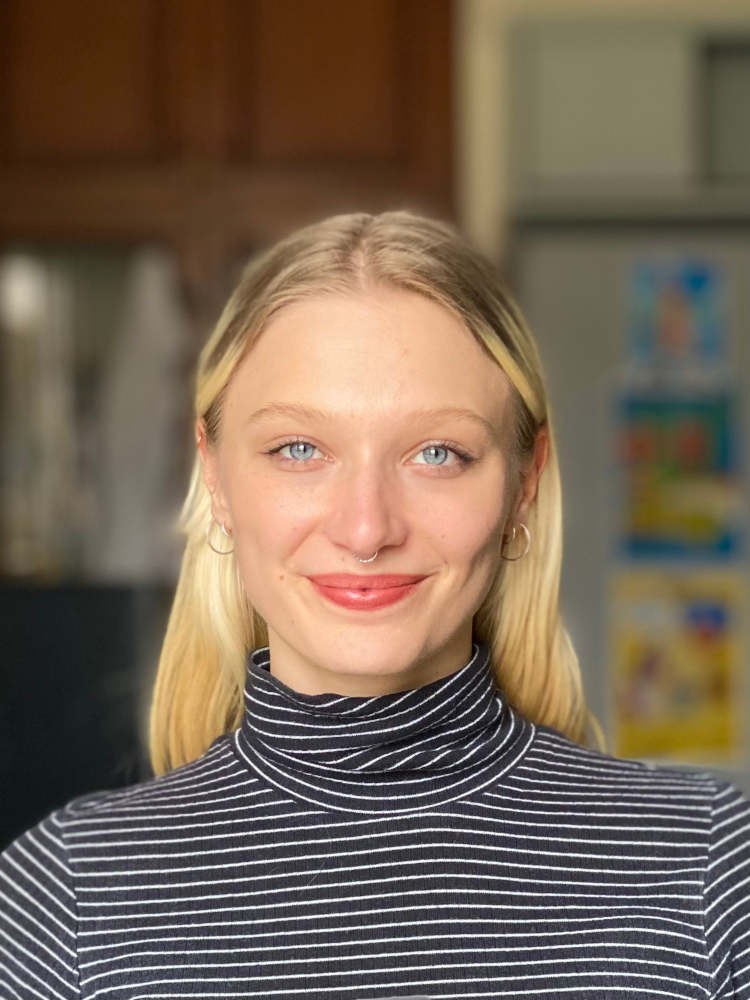
Erica FROSTEGÅRD
Erica Frostegård is a PhD student at the Institute of Molecular and Cell Biology at CNRS in Strasbourg. She completed her Master’s degree in Nanotechnology at the Norwegian University of Science and Technology (NTNU) in July 2023. During her studies, spanning both her time at NTNU and her year at Politecnico di Milano on an Erasmus exchange program, she developed an interest in the application of nanoparticles in the biomedical field, and her master’s thesis focused on designing magnetic nanoparticles for the selective extraction of specific secondary structures of DNA.
In the Melomanes project, Erica is working on developing chemical strategies for the covalent multifunctionalization of iron carbide nanoparticles and assessing the particles’ biodegradability.
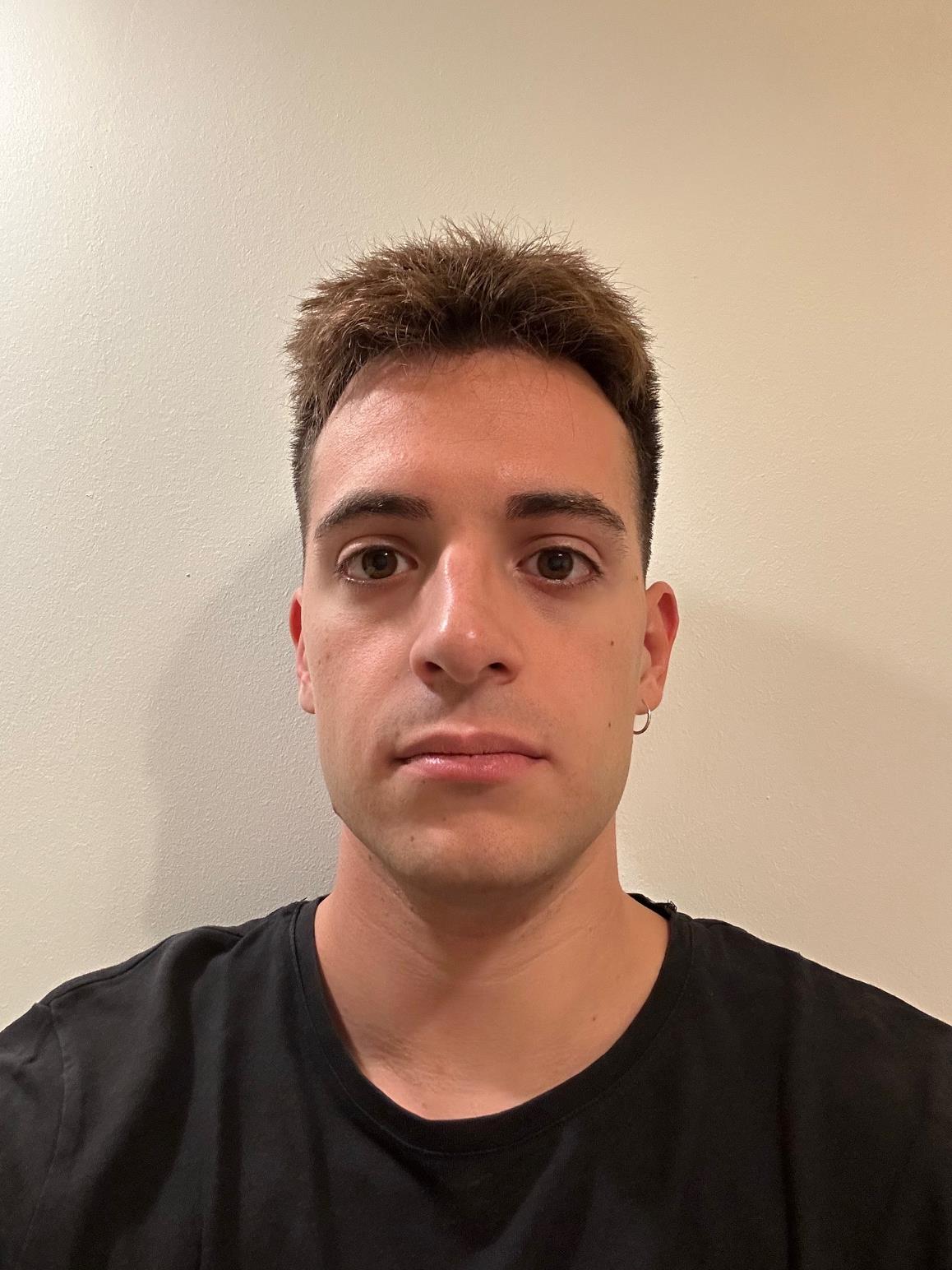
Lorenzo RICCIO
Lorenzo Riccio was born in Florence, Italy, in 1999. He completed his Bachelor in Chemistry at the University of Florence, with a thesis on the synthesis of graphene quantum dots doped with nitrogen.
Then he decided to continue the university career still in Florence and he completed his Master in Chemical Sciences with a thesis on the preparation of liposome-gold nanoparticles hybrids for SERS imaging.
In October 2023, he joined the Melomanes project as a PhD student in the Bonifazi group. He works on the synthesis and characterization of iron carbide nanoparticles coated with polydopamine and boron-carbon-nitrogen for magnetic and optical hyperthermia.
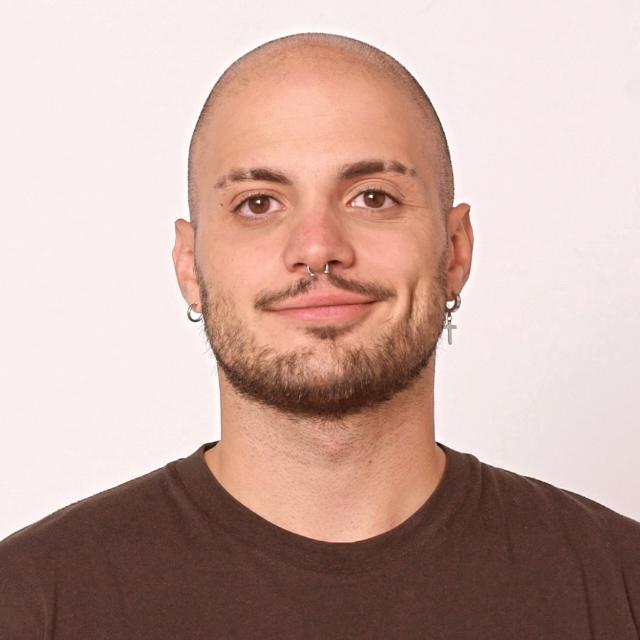
Jacopo SORANI
Jacopo Sorani is currently a PhD student part of the D-Usys Department at ETH Zurich University, working in the Swiss Federal Laboratories for Materials Science and Technology (EMPA) in San Gallen. His academic pursuits involve collaboration with two research groups: the Environmental Risk Assessment & Management (ERAM), under the supervision of Prof. Dr. Bern Nowack, and Advanced Life Cycle Assessment (ALCA), led by Dr. Roland Hischier.
He earned his MSc in Industrial Chemistry, specializing in Low Carbon Technologies and Sustainable Chemistry, from Alma Mater Studiorum – University of Bologna in July 2023. During his studies, he engaged in two European projects, EBU (in Bologna) and Climate KIC (in Lisbon), focused on Bioeconomy and sustainability-related startup ideas. He is still part of the Climate KIC Alumni network.
Jacopo’s master’s thesis and internship revolved around the impact analysis of the life cycle of a medical device developed by GVS S.p.A., an Italian company specializing in filter technologies, using different tools and methodologies of data analysis, collaborating with R&D and technicians for elaborate data.
In the Melonames project, Jacopo is focused on creating new guidelines for developing pharmaceuticals, according to the Safe and Sustainable by Design approach. He employs risk assessment (RA) tools to evaluate how the potential transformations of drugs in the human body can affect the environment and human health (utilizing predictive tools and exposure models), and integrates Life Cycle Assessment (LCA). For LCA, he will utilize a model to scale up the environmental impacts of the process.
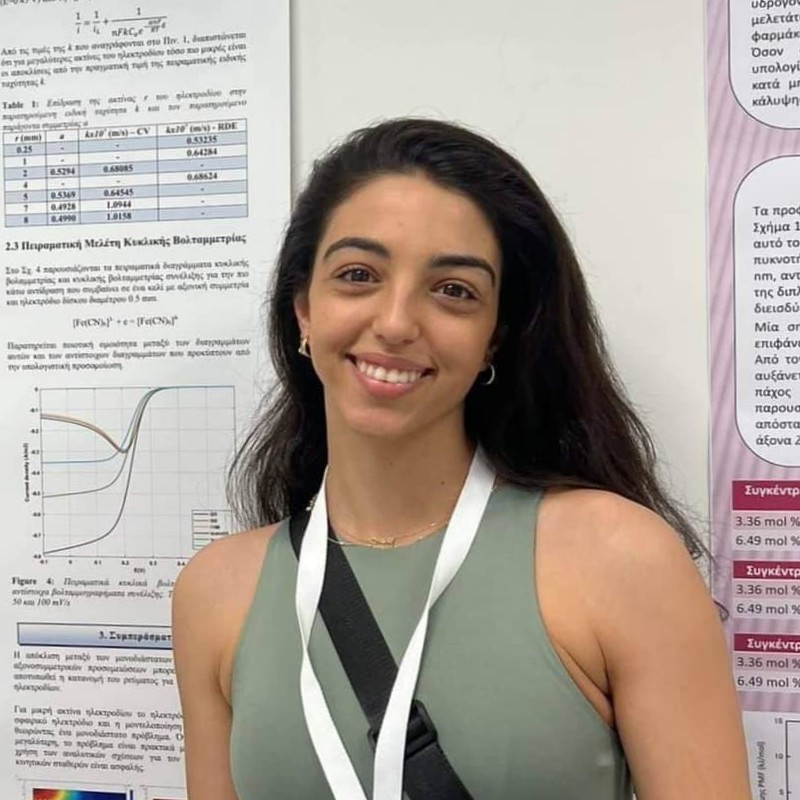
Maria ANTONIOU
Maria Antoniou completed her Integrated Master’s degree at the School of Chemical Engineering of the National Technical University of Athens (2017-2022). She conducted her diploma thesis, ‘Simulation of experimental electrochemical measurements with one-dimensional and two-dimensional models with axial symmetry’ and she participated in a summer internship program in The Cyprus Institute (CyI), where she worked on concentrated solar power technology.
After finishing her studies, she worked as a Junior Researcher at NovaMechanics Ltd, where she obtained a strong foundation in machine learning techniques and their application in nanomaterials. She has contributed to projects focusing on predictive models for computer-aided drug design, as well as for nanomaterial toxicity, environmental impact, and risk assessment of nanoparticles.
Maria joined the Melomanes project in October 2023 and started as a doctoral researcher at NovaMechanics. She will be working on the development of innovative nanoinformatics models and in silico tools for iron carbide nanoparticles.
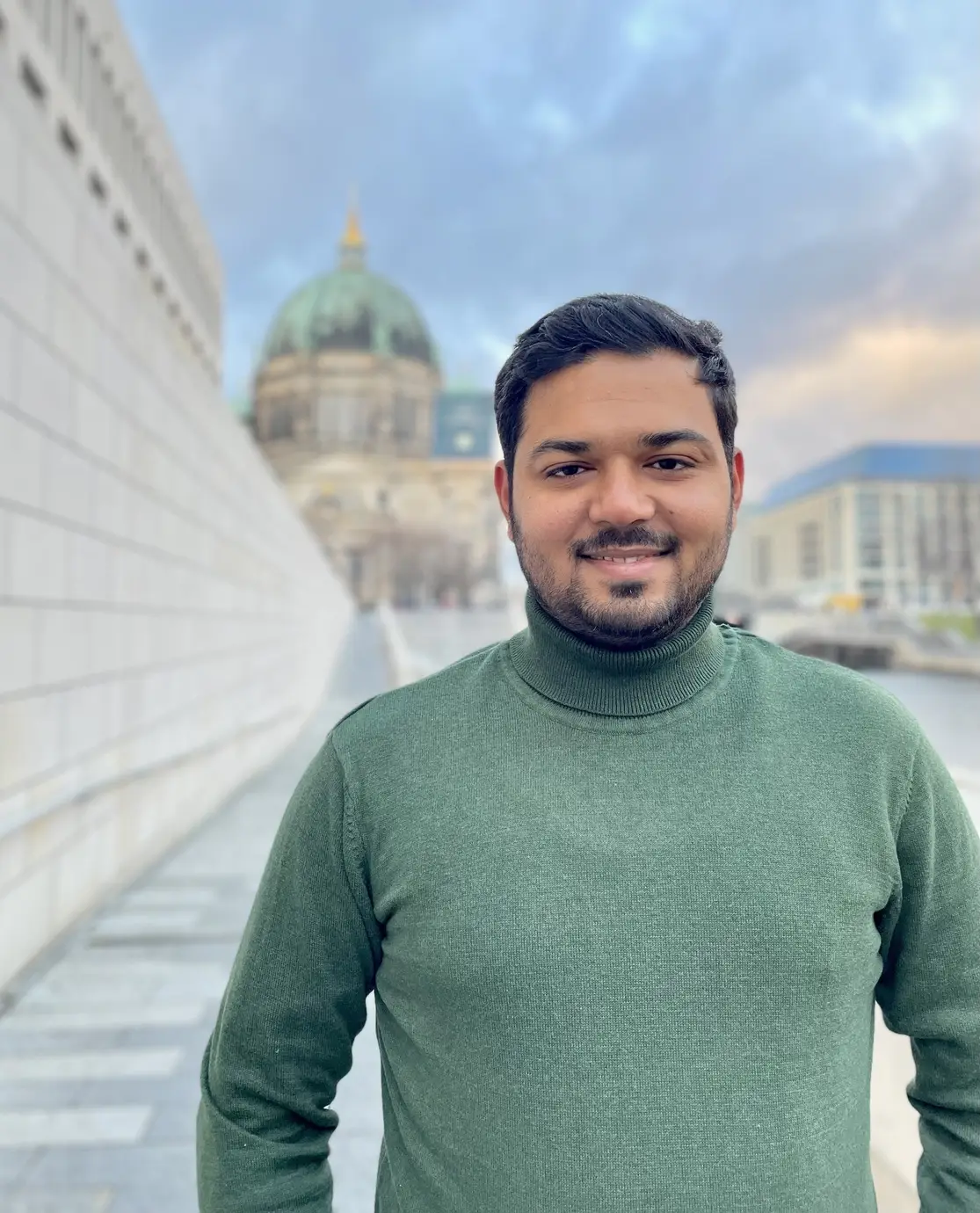
Ayush SHUKLA
Ayush Shukla (He/Him) is a PhD candidate at the Athena Institute at Vrije University Amsterdam. Before relocating to Amsterdam, he worked as a Research Associate at the Institute for Ethics and History of Health in Society at the University of Augsburg (Germany) in an interdisciplinary research project, META: ethical, legal, and social aspects of mHealth, funded by the German Federal Ministry of Education and Research (BMBF). Building upon the scholarly work in Science and Technology Studies (STS), (Bio)Ethics, and Responsible (Research) Innovation, his interdisciplinary empirical research focuses on unpacking the discourse of responsibility and ethics in health and medical technology development. He holds a bachelor’s degree in Humanities and Social Sciences from the University of Delhi, India, and a master’s in Responsibility in Science, Engineering, and Technology (RESET) from the Technical University of Munich (TUM), Germany.
In the MELOMANES project, Ayush will work on the nanomedicine-society interface and investigate societal aspects of nanomedicine research. Using the R(R)I framework with a reflexive evaluation approach, his individual project will explore how to build the reflexive and responsive capacity in the context of nanotechnology laboratory work, specifically focusing on the development of multifunctional nanoparticles.
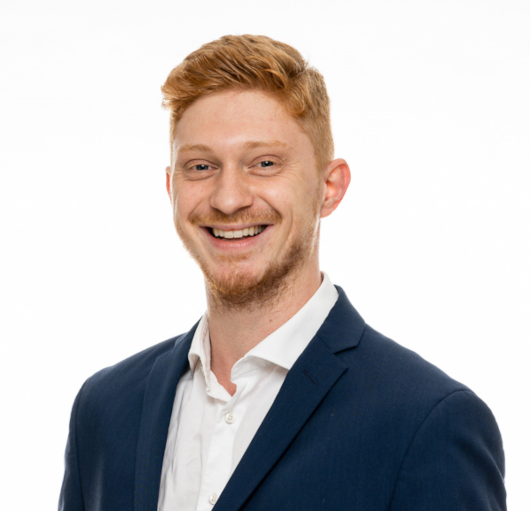
Daniel RIEGER
Daniel Rieger is a doctoral researcher at CN Bio Innovations Ltd. as part of the MSCA consortium for the Horizon Europe Doctoral Networks Programme. He began his academic career by completing a bachelor’s programme in electrical and information technology at the Technical University Munich, followed by his graduation in a master’s programme in biomedical engineering at the Technical University Vienna with a specialisation in signals and instrumentation, with a focus on organ-on-a-chip applications using microfluidic principles. During his master’s thesis, he developed a sensor-integrated organ-on-chip platform and investigated size-dependent effects on the neural differentiation of P19 embryonal carcinoma embryoid bodies as a promising in vitro model for the investigation of human neurogenesis. There he gained in-depth knowledge about chip production process technologies in the cleanroom, live-cell microarray applications, biochip and organ-on-a-chip technologies. In the pursuit of following an academic career as an interdisciplinary researcher in the biomedical field with an extensive background in life sciences and engineering principles, he decided to apply his skillset for the MELOMANES project dedicated to the development of novel therapeutic treatments of metastatic melanoma.At CN Bio, he will focus on developing a 3D perfused multi-tissue model with organotypic features as a disease model for the preclinical testing for a combined nanomedicine, making use of the company’s established PhysioMimix® platform and extensive expertise in the field of microphysiological systems.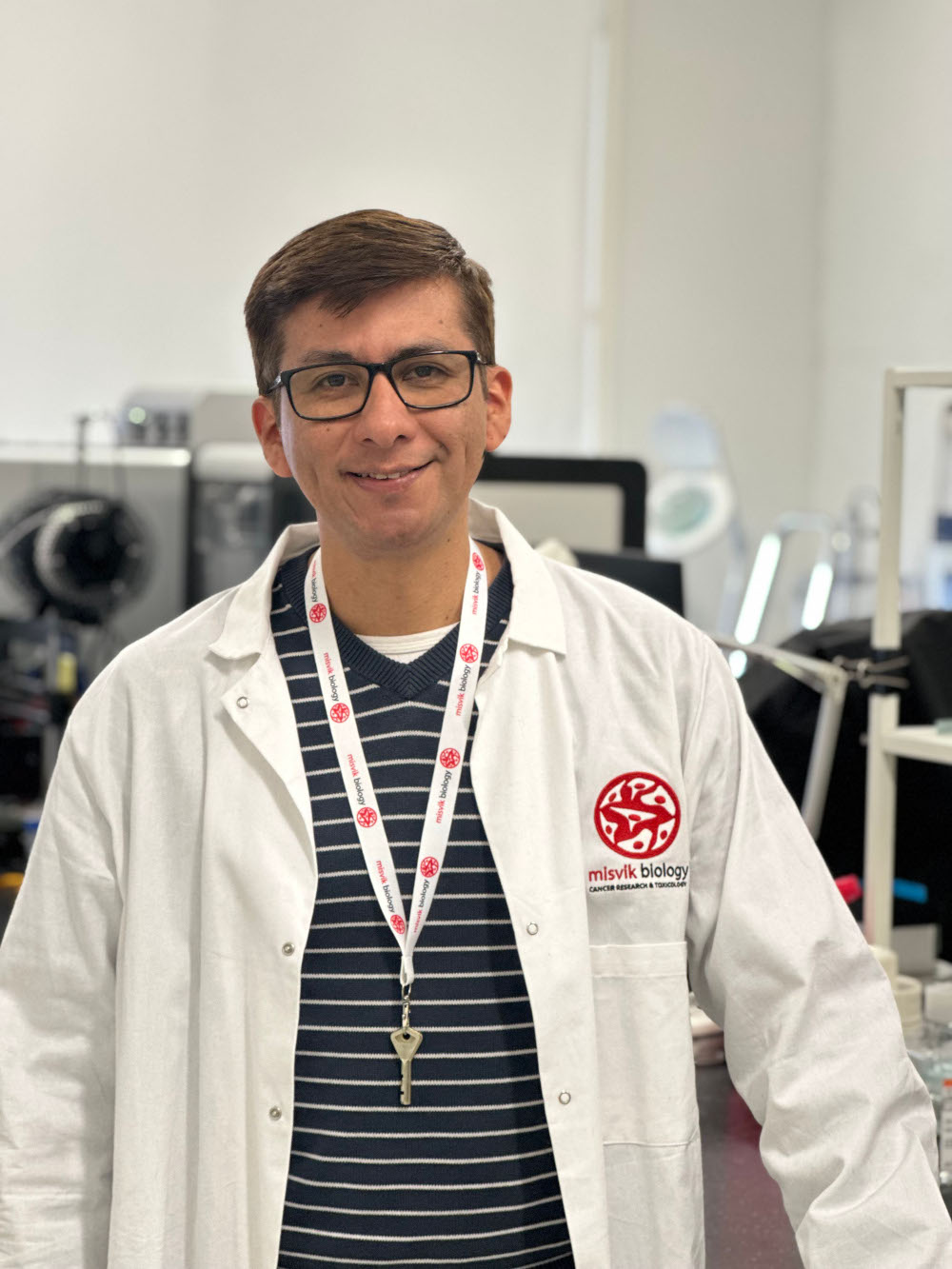
Wilder RUIZ
Wilder Ruiz recently graduated from King’s College London (KCL) from an integrated BSc (Hons) with MSc (Hons), MSci (Hons) in Pharmacology with a Professional Placement Year.
The placement year was at the Drug Control Centre in KCL, where Wilder learned scientific practical techniques, and fundamental understanding of analytical research, applied chemistry, and metabolites detection using Gas Chromatography-Mass Spectrometry, as well as extraction of steroids using Liquid Chromatography-Tandem Mass Spectrometry.In addition to the placement year, Wilder Ruiz participated in the screening of samples for the Birmingham 2022 Commonwealth Games. He also achieved an Associate’s degree, Associate of King’s College in theology.
Wilder has a background in programming and web development prior entering KCL, which combined with Pharmacology gives him a Bioinformatics background with high interest in developing within this field.
Now a doctoral researcher at Misvik Biology, he will perform in vitro and ex vivo high-throughput assessment of toxicity and cellular interactions of engineered magnetic nanoparticles.
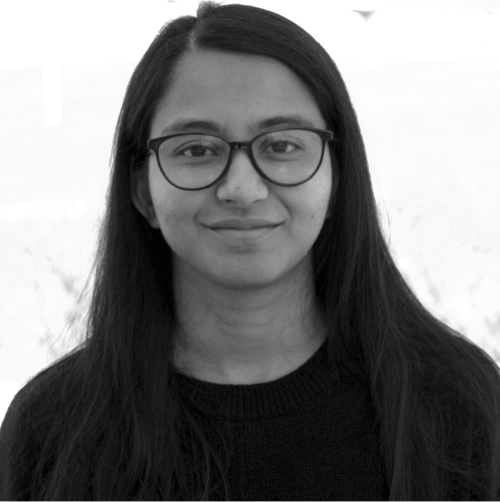
Shayamita GHOSH
Shayamita Ghosh is a PhD student at the University of Cantabria and IDIVAL. She earned her Master of Science in Biophysics in India, where her research focused on the effect of molecular and macromolecular crowding on the structure and stability of lysozyme protein.
Shayamita has extensive experience in cancer research, including work on inhibiting lactose transporter proteins in ovarian cancer and developing a nanoparticle-peptide targeted delivery system for breast cancer therapy.
Currently, in the Melomanes project, she is working on metastasis inhibition using iron carbide nanoparticles to target tumor microenvironment, primarily in mouse primary and metastasis tumour models.

